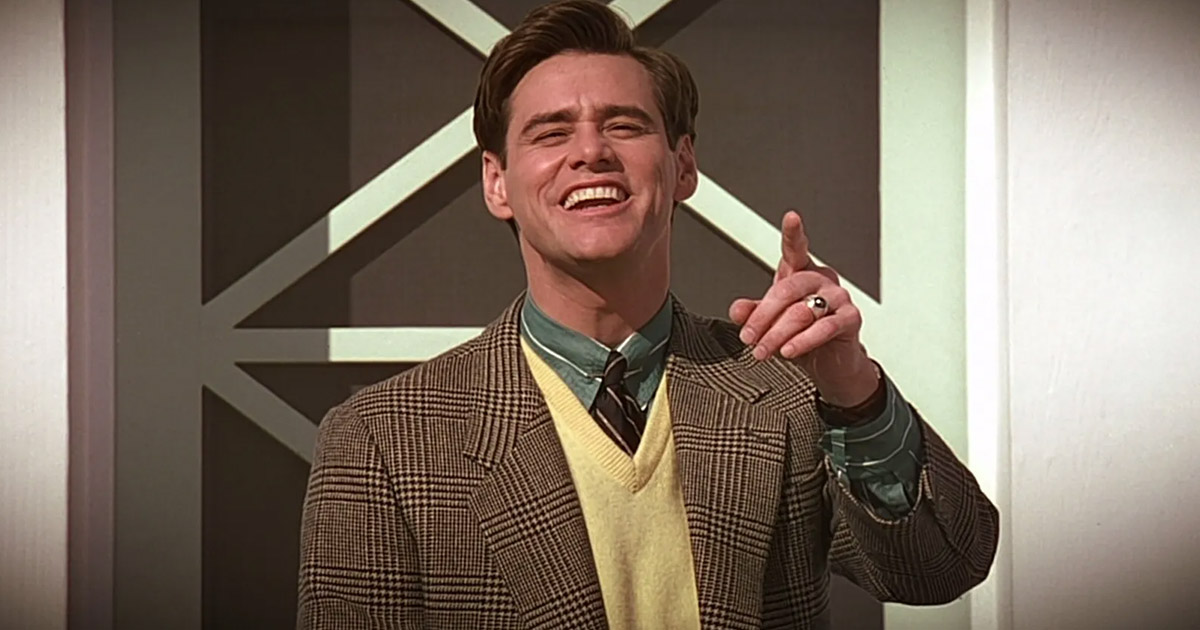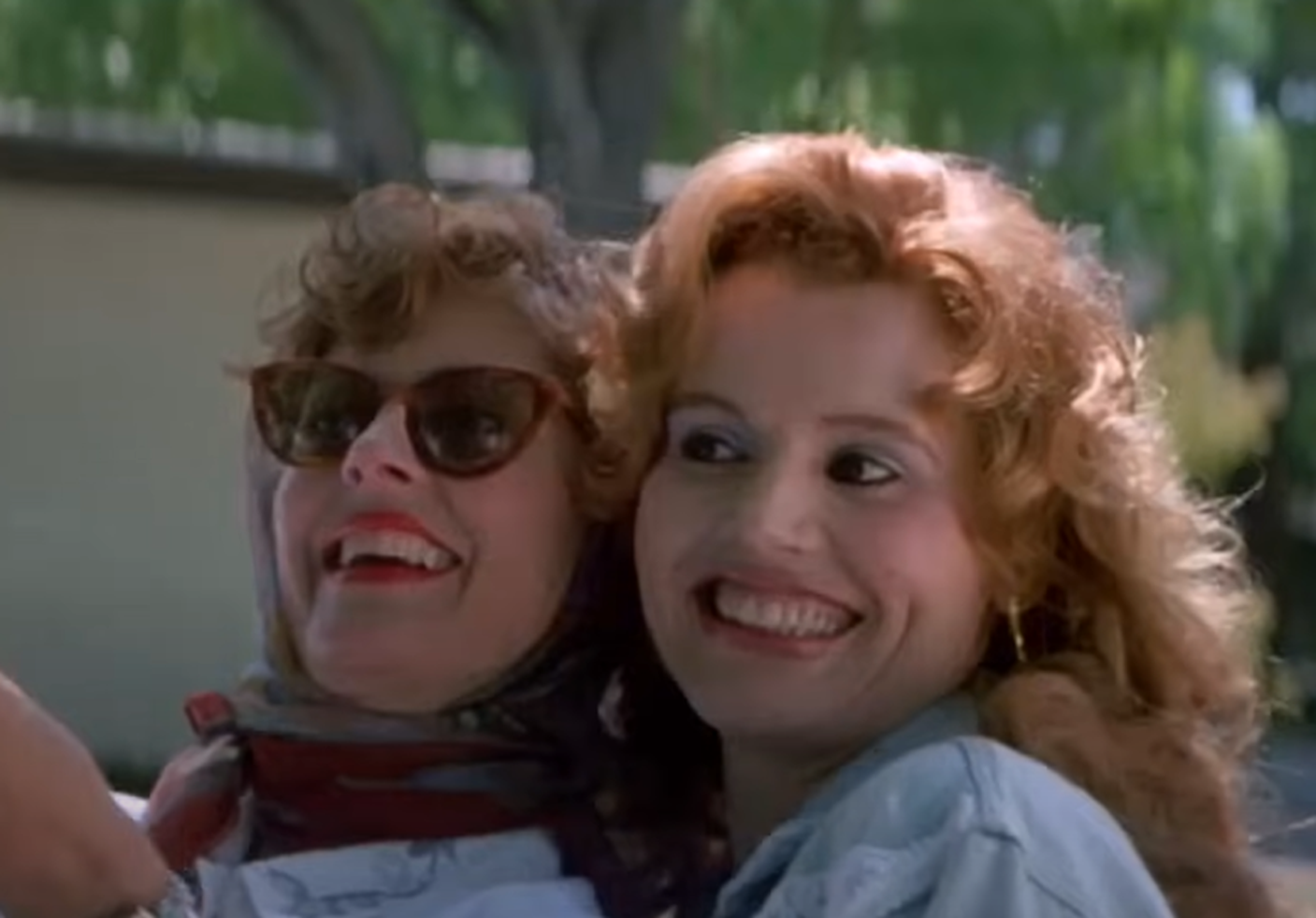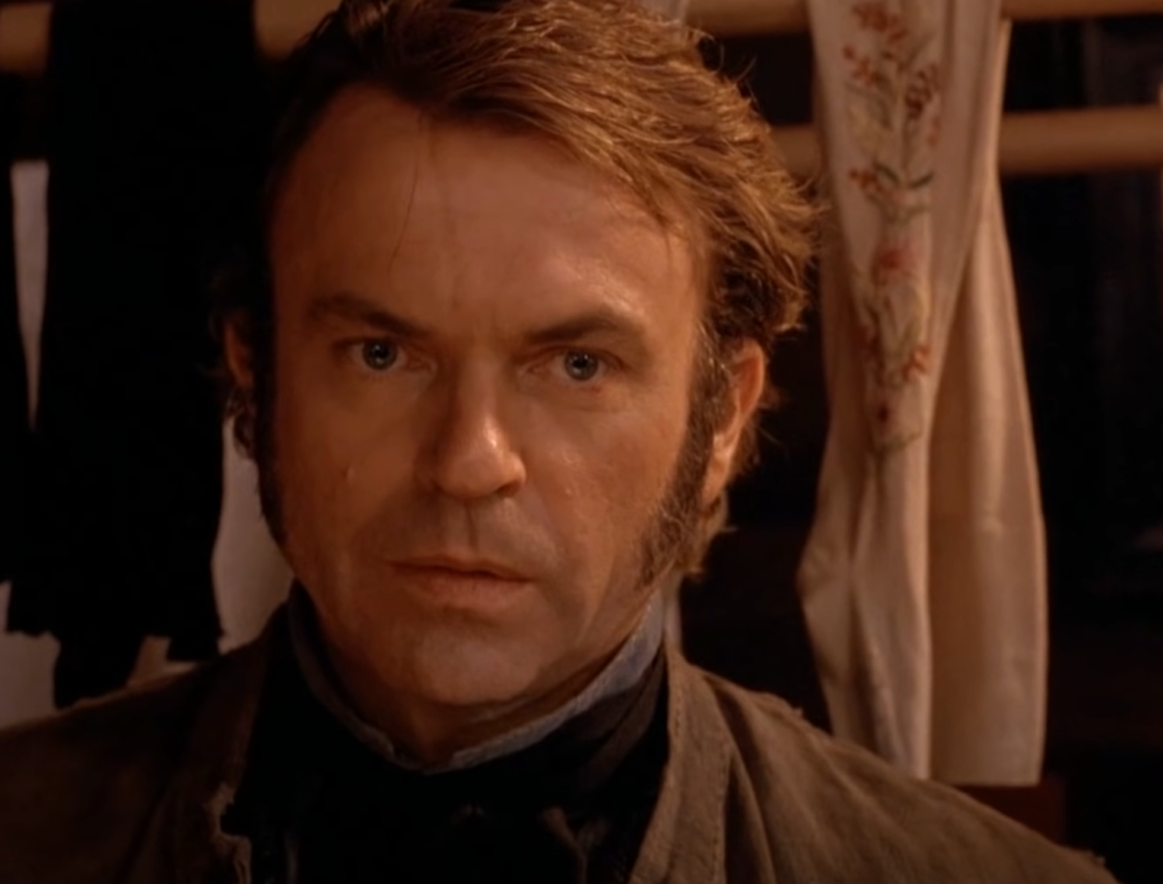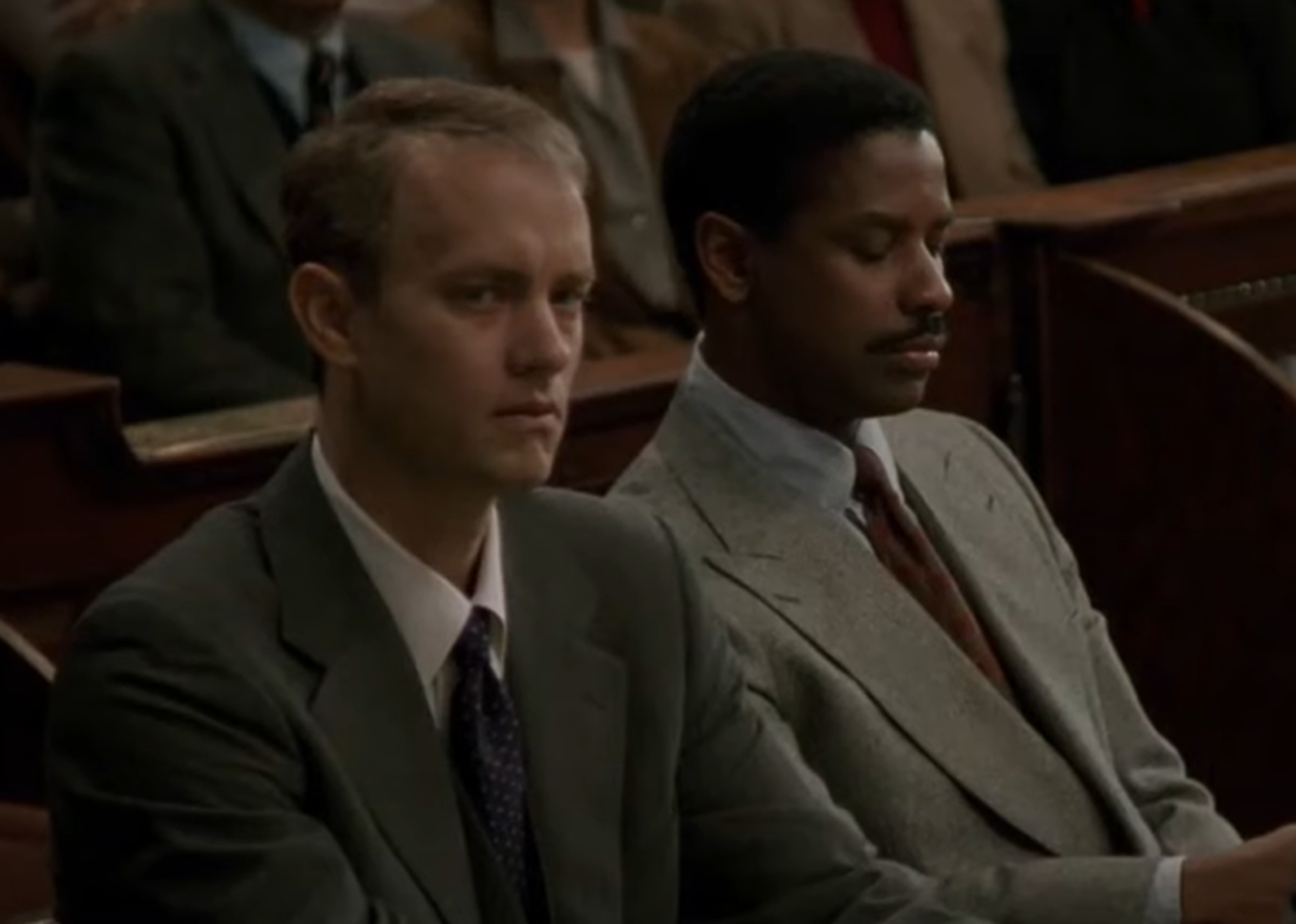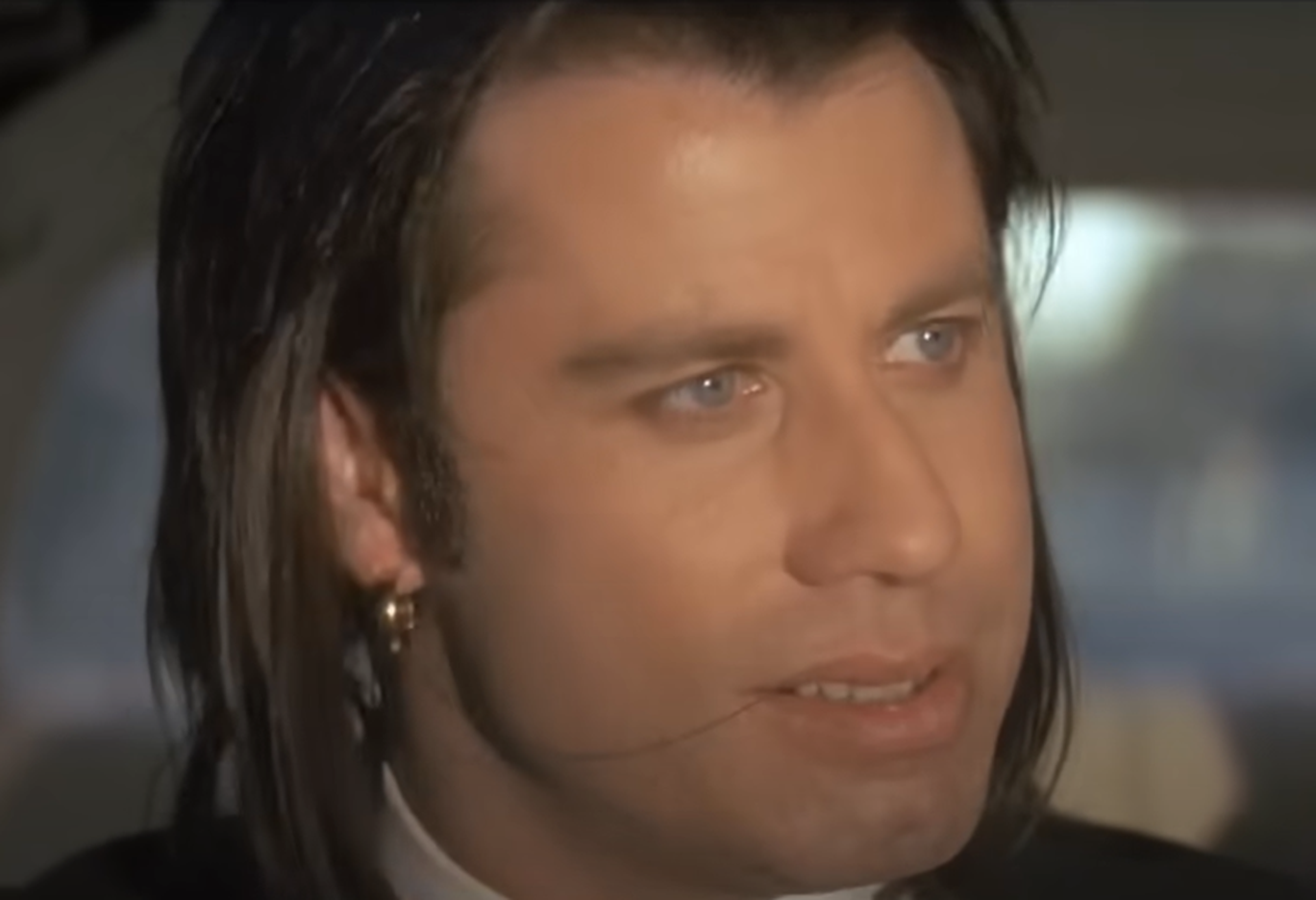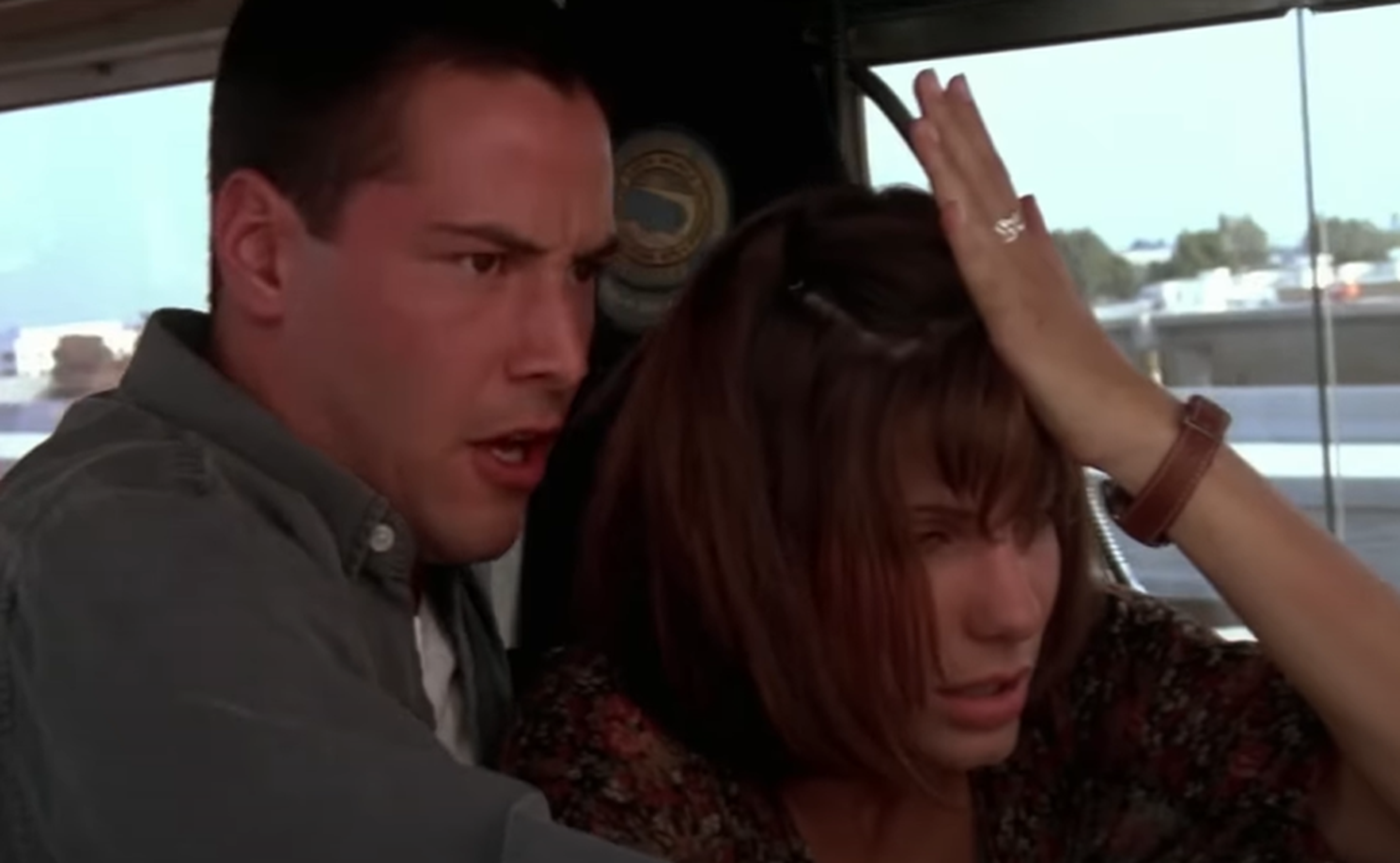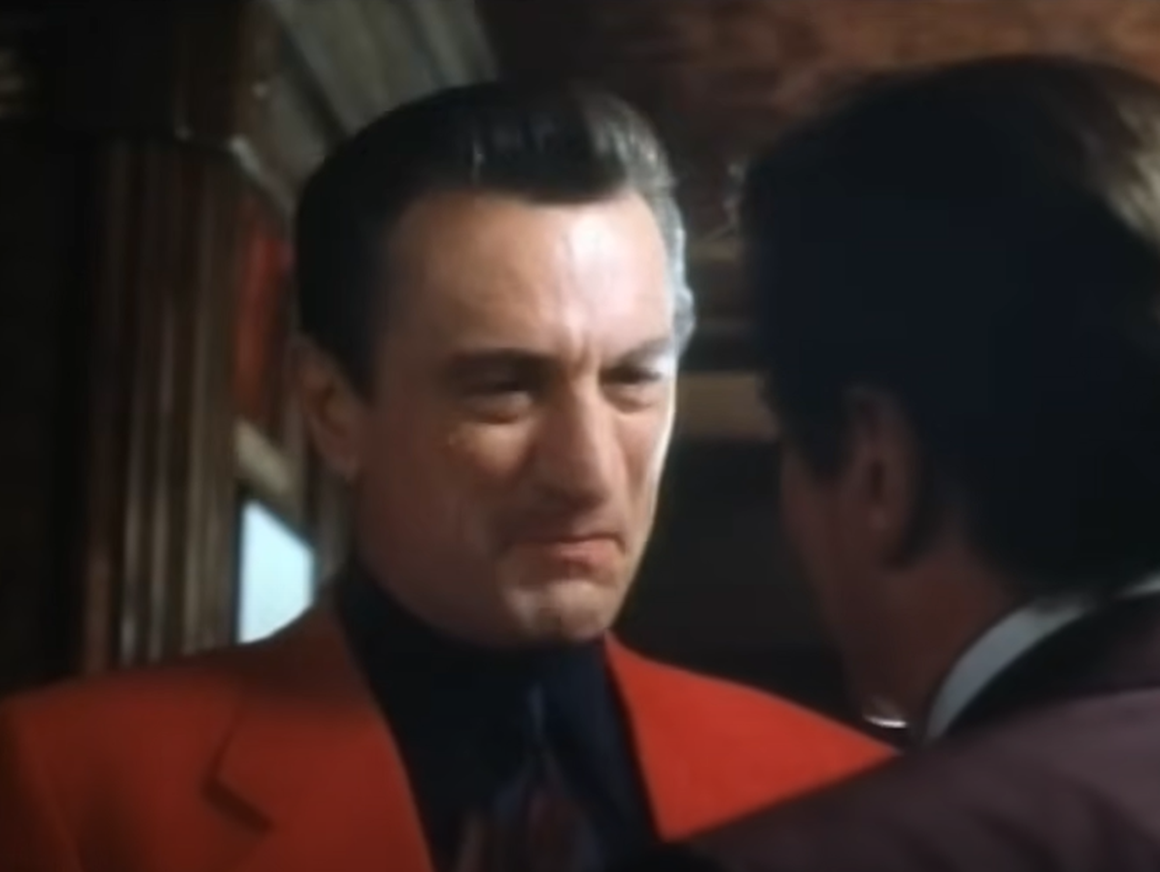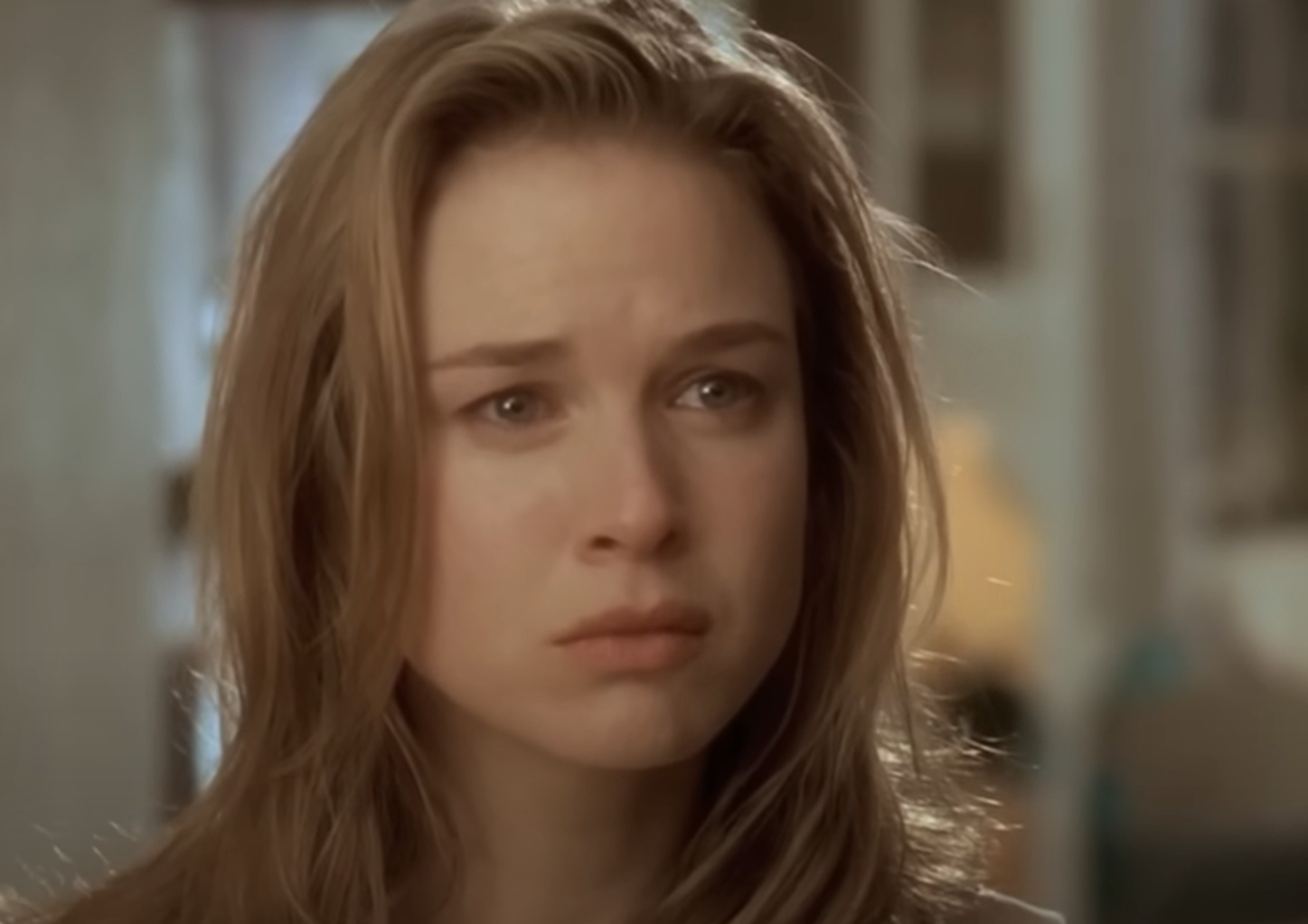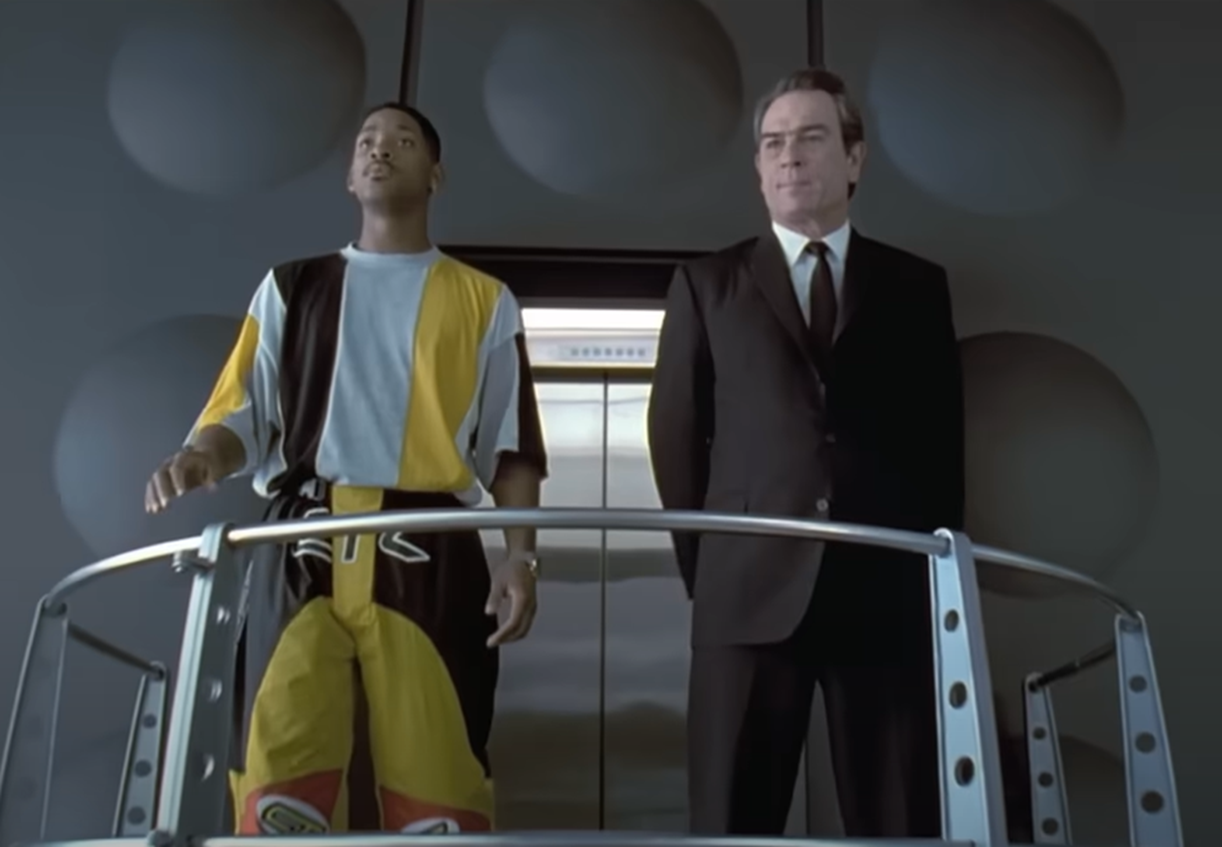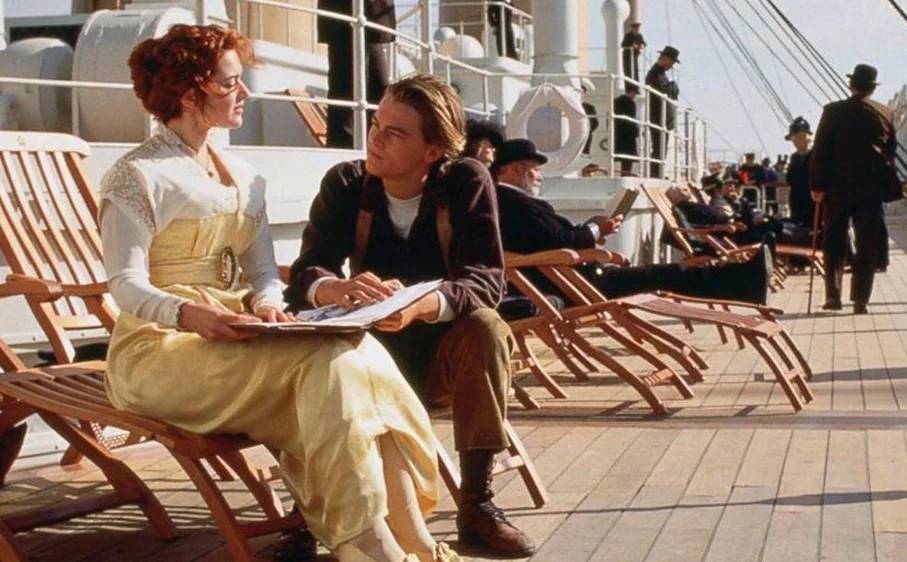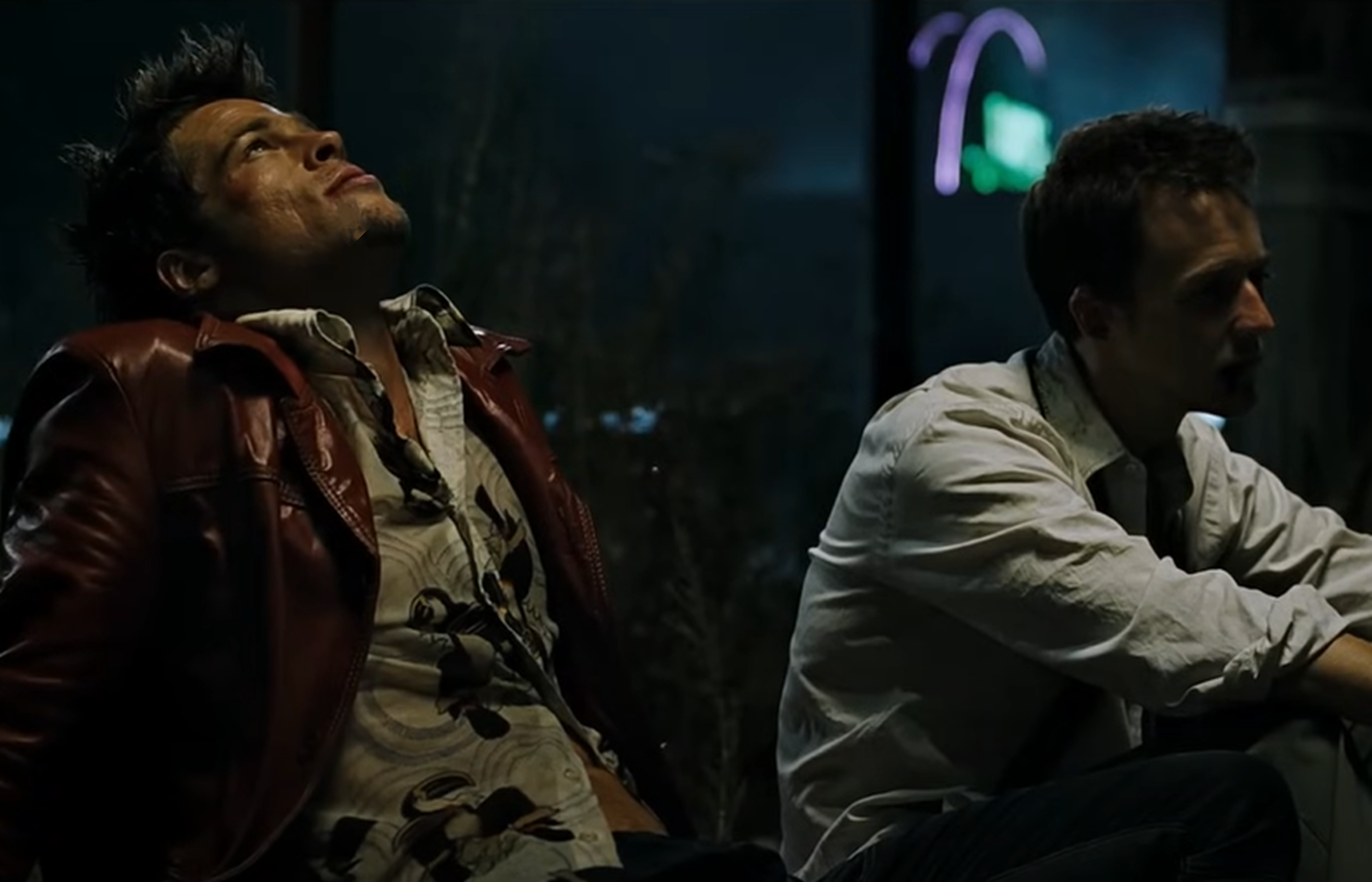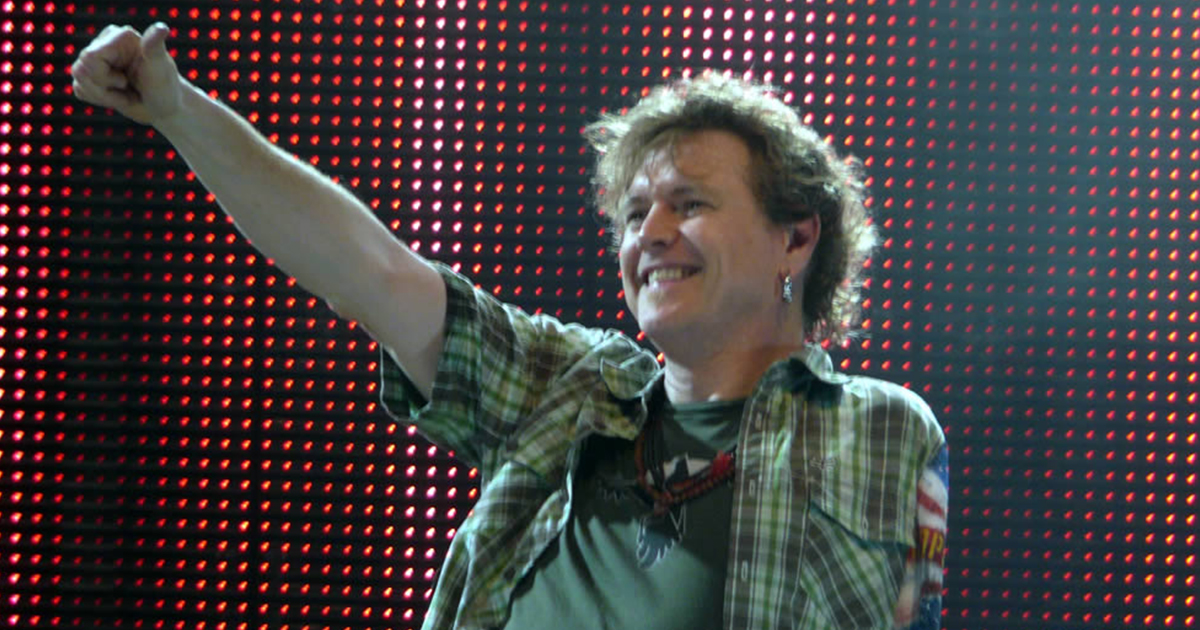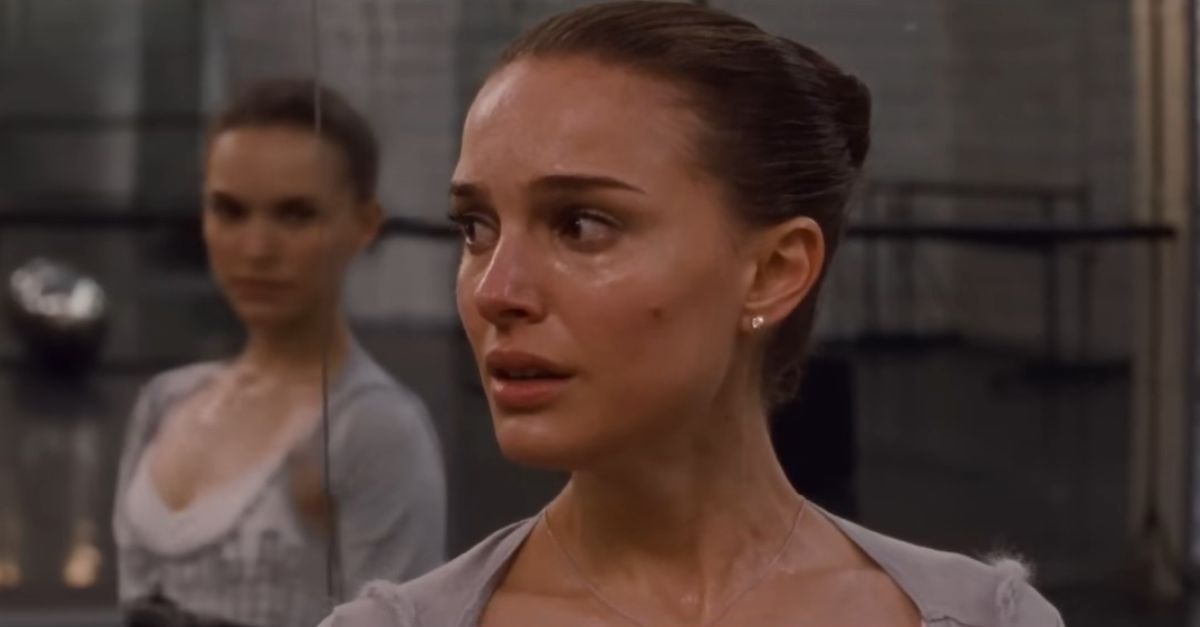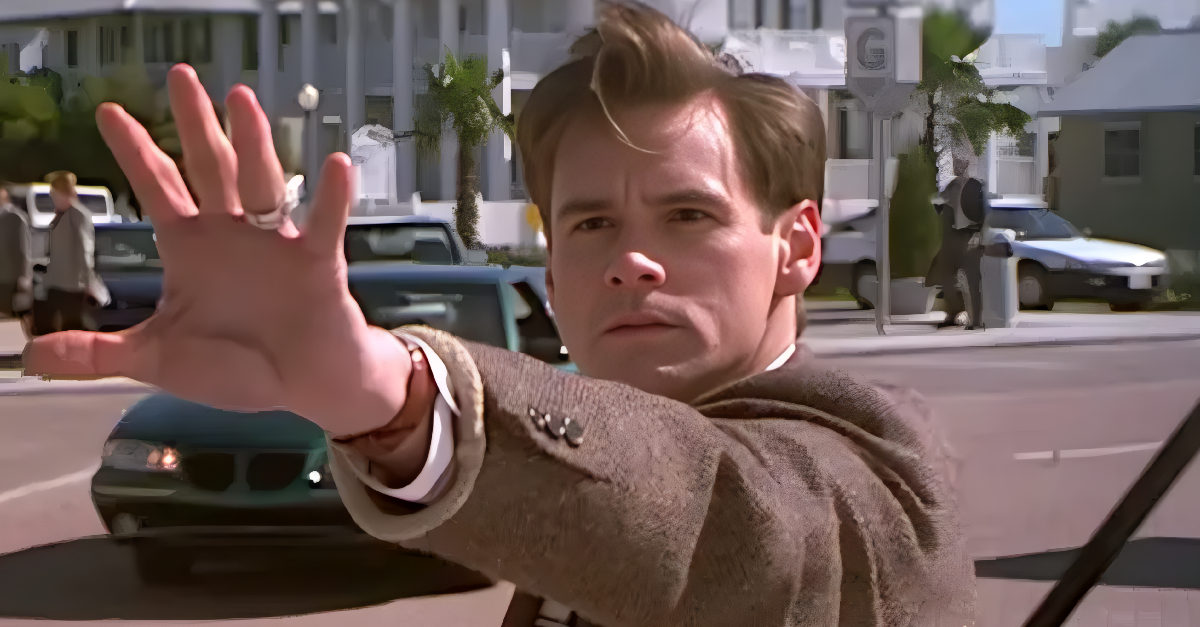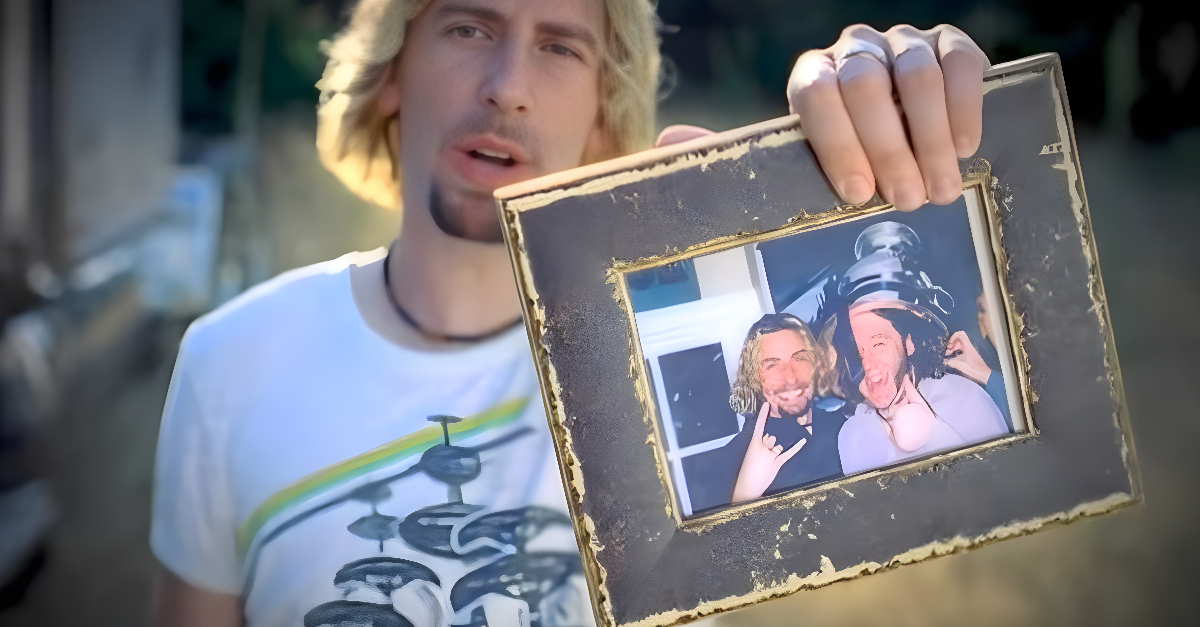Unforgettable Stories, Memorable Performances: The 90s
Reflecting on the 1990s evokes nostalgia for those who lived through that vibrant era, highlighting how easily we can forget the incredible and influential movies that emerged. These captivating films left a lasting impact on popular culture and inspired future filmmakers, making the 1990s a remarkable chapter in film history, whether revisited or discovered anew.
Dances With Wolves (1990)
Audiences follow the story of Union Lieutenant John Dunbar, stationed on the frontier, forming a friendship with a tribe of Lakota Sioux while there. As he immerses himself in their culture, he faces conflict and transformation, ultimately challenging his society's prejudices. Costner won the Best Director Academy Award for this film.
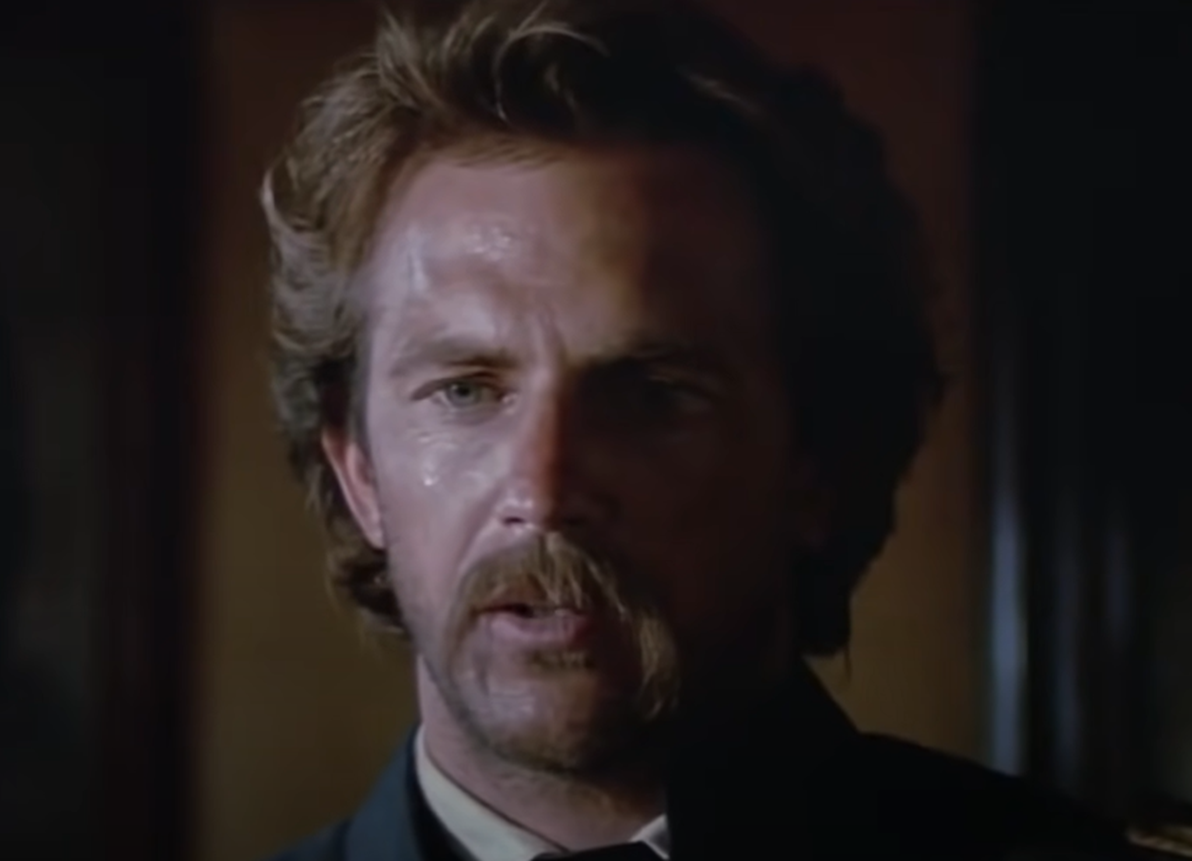 Tig Productions, Dances With Wolves (1990)
Tig Productions, Dances With Wolves (1990)
Driving Miss Daisy (1990)
Director Bruce Beresford explores the evolving relationship between Daisy Werthan, an elderly Jewish woman played by Jessica Tandy, and her African American chauffeur, Hoke Colburn, portrayed by Morgan Freeman. Set in the American South from the late 1940s to the 1970s, the film addresses themes of race, aging, and friendship, highlighting how their bond deepens over time despite the societal challenges they face.
 Warner Bros., Driving Miss Daisy (1989)
Warner Bros., Driving Miss Daisy (1989)
Thelma & Louise (1991)
Thelma & Louise is a groundbreaking road film directed by Ridley Scott. It follows two women, played by Geena Davis and Susan Sarandon, who embark on a spontaneous trip to escape their mundane lives. Their journey takes a dramatic turn after a chance encounter with a man, leading them on a path of self-discovery, friendship, and rebellion against societal norms.
Boyz N The Hood (1991)
John Singleton directs this film that explores the challenges faced by young African American men growing up in South Central Los Angeles. The film follows Tre Styles, played by Cuba Gooding Jr, as he navigates issues of friendship, violence, and the impact of his environment, ultimately highlighting the struggles and choices that shape his future.
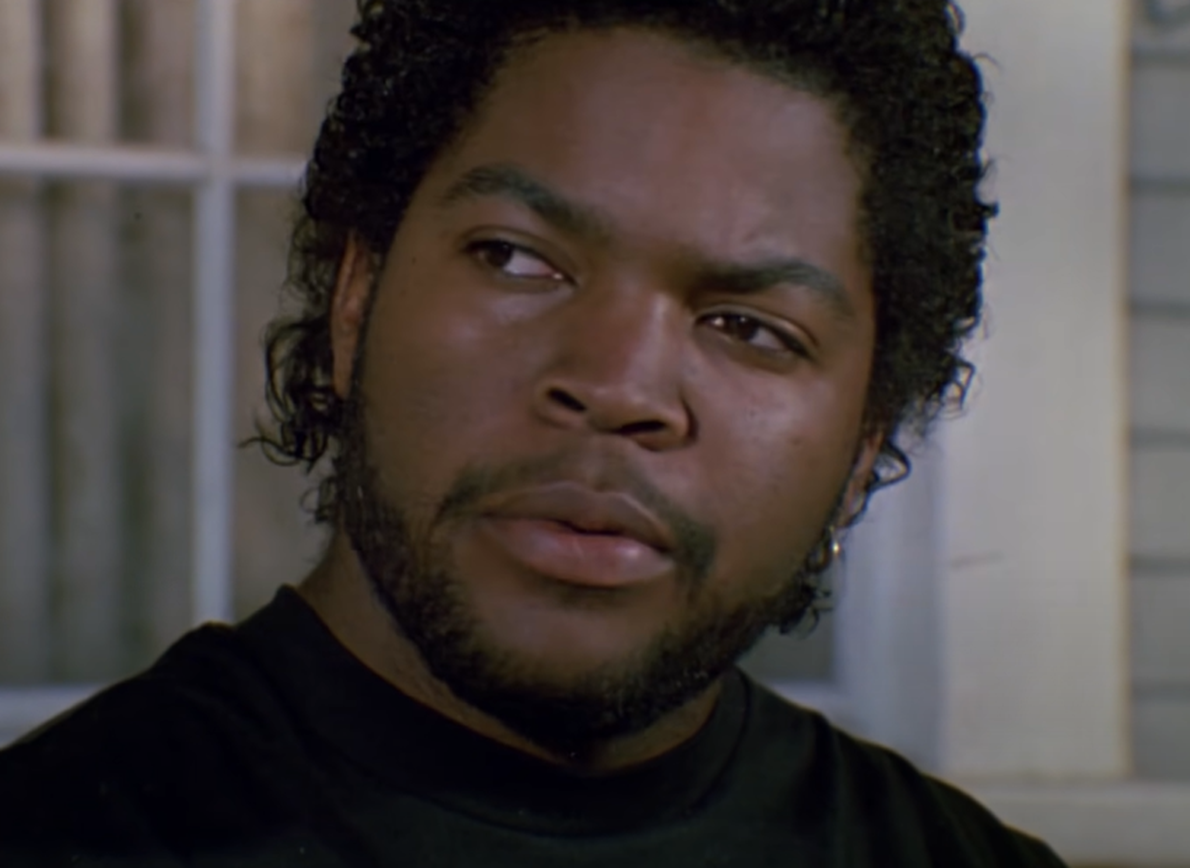 Columbia, Boyz N The Hood (1991)
Columbia, Boyz N The Hood (1991)
Unforgiven (1992)
Unforgiven is a gritty Western directed by Clint Eastwood. It follows the journey of retired outlaw William Munny, portrayed by Eastwood, compelled to return to a life he left behind to seek justice for an act against a woman. The film deconstructs the myth of the Western hero, exploring themes of morality, redemption, and the harsh realities of gunfighting in the Old West.
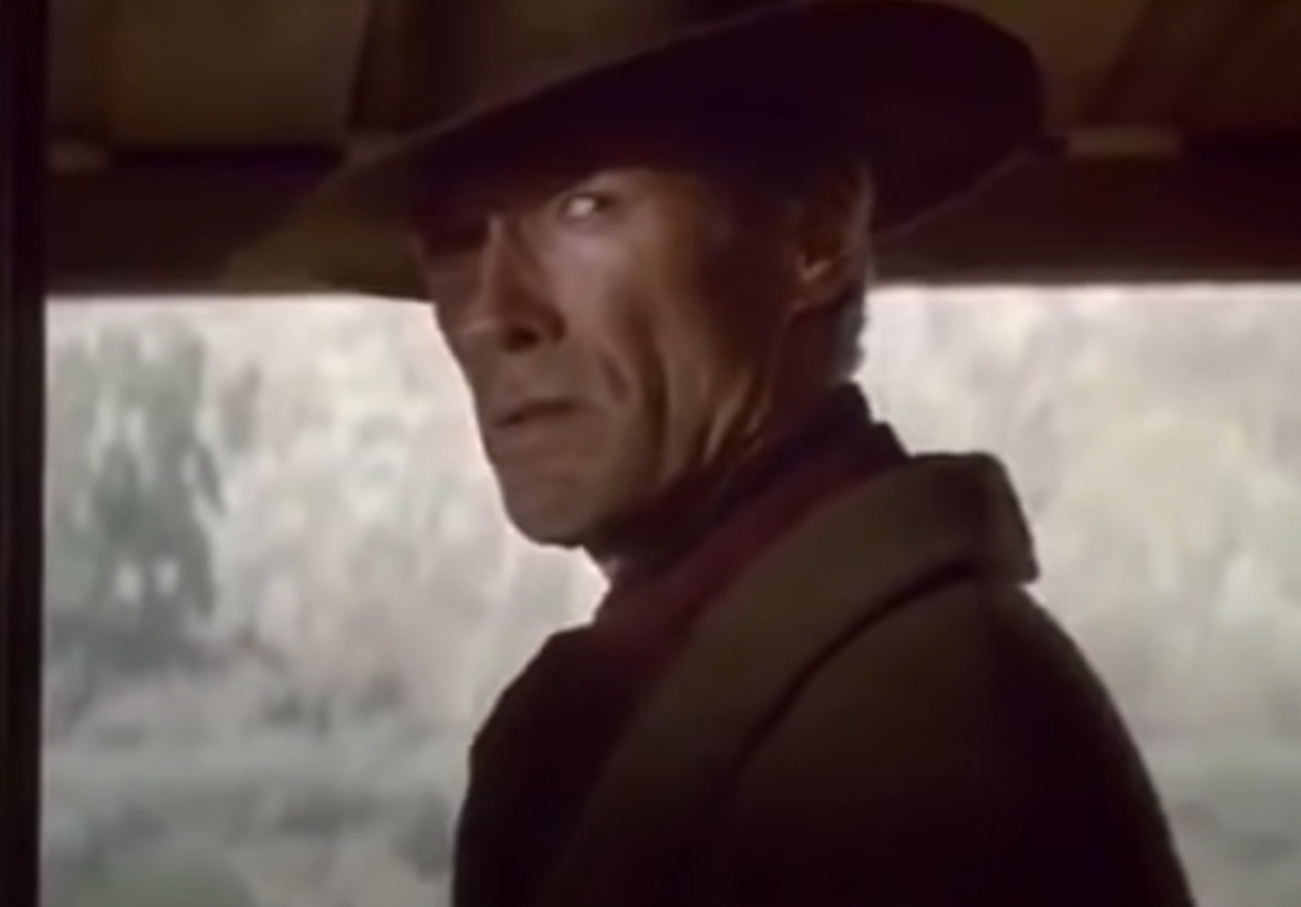 Warner Bros, Unforgiven (1992)
Warner Bros, Unforgiven (1992)
Malcolm X (1992)
This 1992 biographical drama, directed by Spike Lee, chronicles the life and transformation of civil rights leader Malcolm X, portrayed by Denzel Washington. The film explores his journey from a troubled youth to a prominent advocate for African American rights, highlighting his evolving beliefs, struggles, and the impact of his activism on the movement for equality. While Malcolm X received critical acclaim and several nominations, it did not win as many major awards as some anticipated.
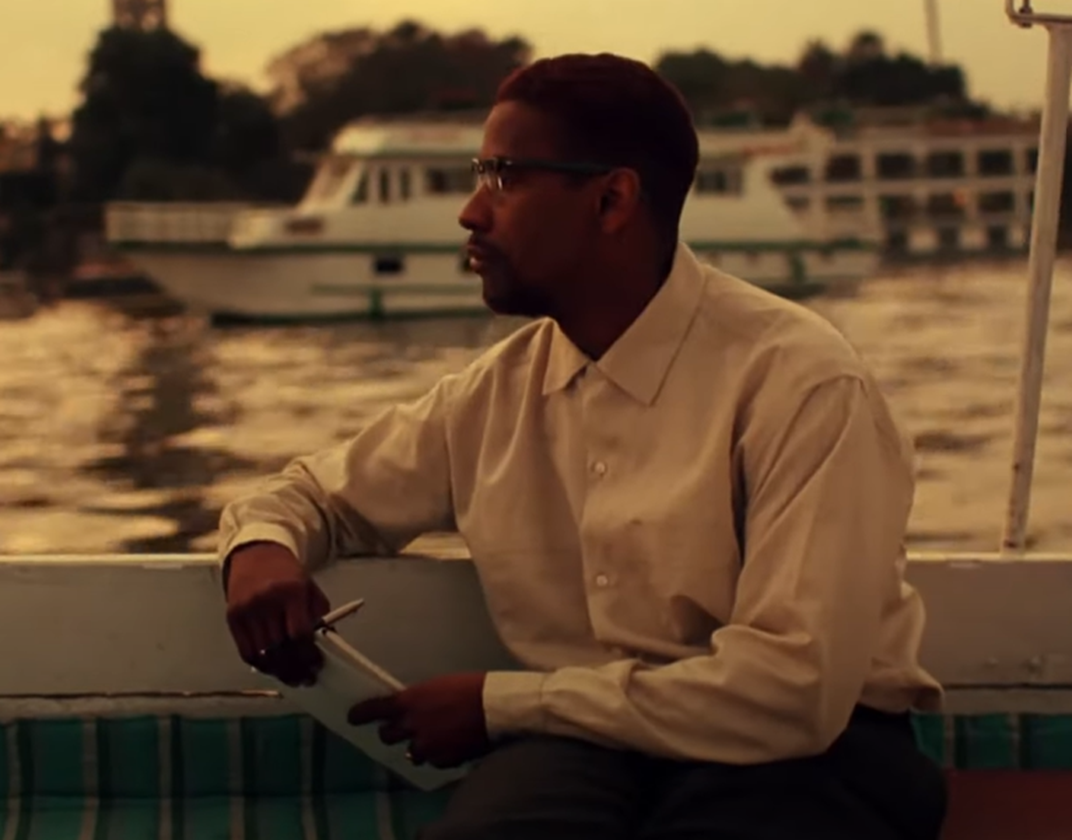 Largo International N.V., Malcolm X (1992)
Largo International N.V., Malcolm X (1992)
A League Of Their Own (1992)
A charming sports comedy-drama directed by Penny Marshall, A League Of Their Own tells the story of the All-American Girls Professional Baseball League during WWII. Starring Geena Davis and Lori Petty, the film focuses on the challenges and triumphs of female athletes as they break gender barriers and pursue their passion for baseball, all while navigating personal and societal obstacles.
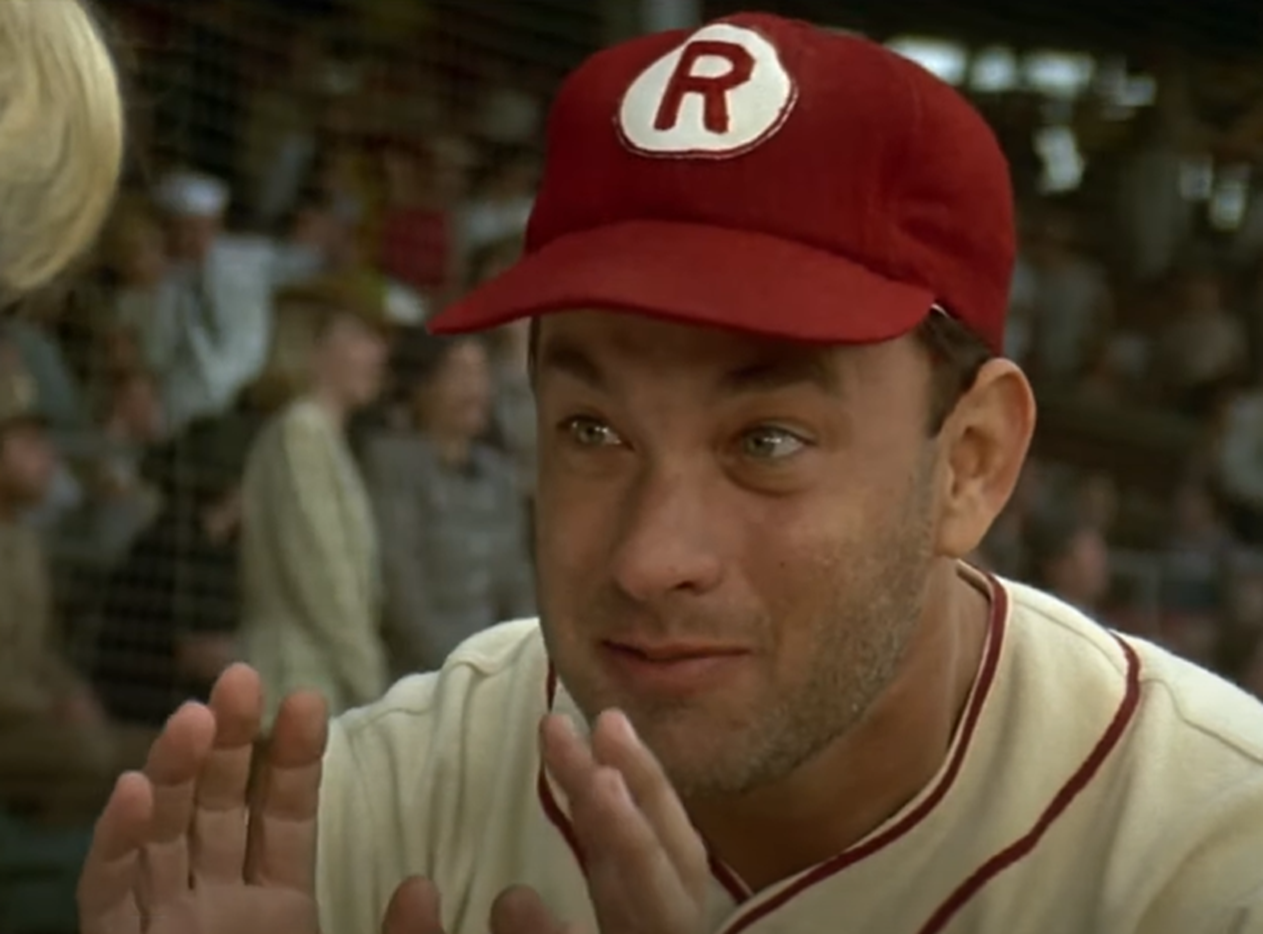 Columbia, A League Of Their Own (1992)
Columbia, A League Of Their Own (1992)
Schindler's List (1993)
Spielberg's harrowing historical drama recounts the true story of Oskar Schindler, a German businessman played by Liam Neeson. Schindler saved the lives of over a thousand Jewish refugees during the Holocaust. The film powerfully depicts the horrors of the concentration camps and the impact of one man's courage and compassion in the face of the unimaginable. The film received widespread acclaim for its powerful storytelling and profound effects, solidifying its place as one of the most influential films in cinematic history.
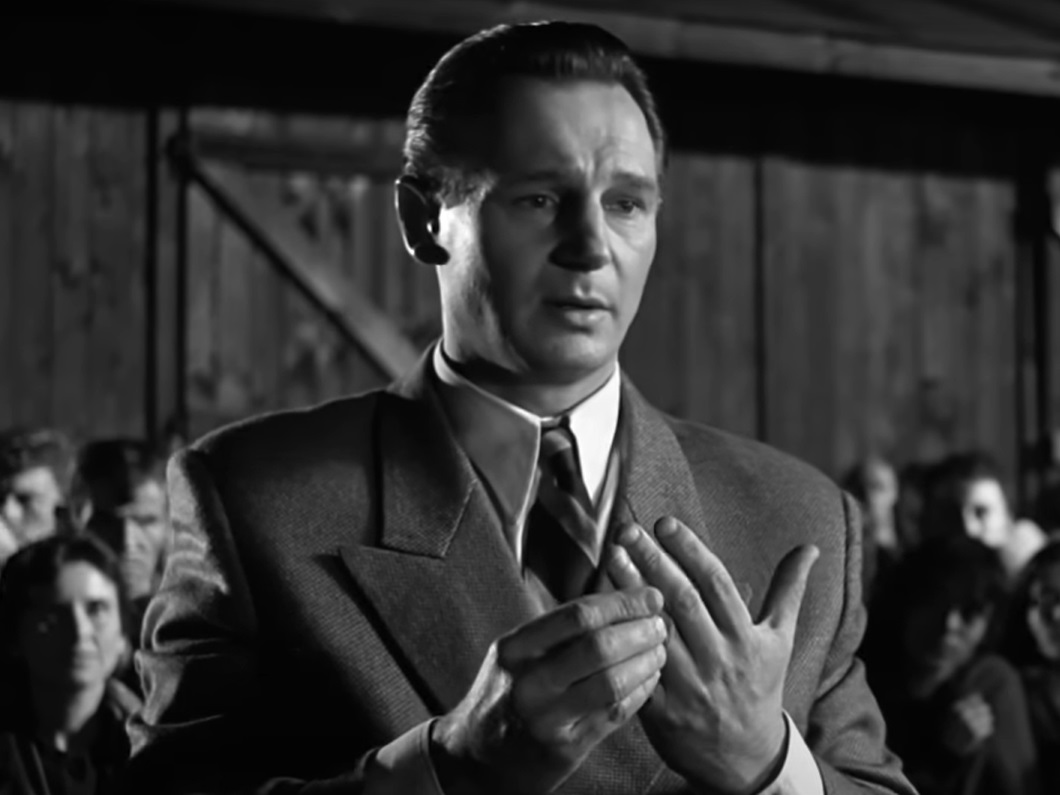 Universal, Schindler's List (1993)
Universal, Schindler's List (1993)
The Joy Luck Club (1993)
This poignant drama, based on Amy Tan's bestselling novel of the same name, explores the complex relationships between four Chinese immigrant mothers and their American-born daughters. Through interwoven stories, the film delves into themes of cultural identity, generational conflict, and the enduring bonds of family, highlighting the struggles and triumphs of both generations.
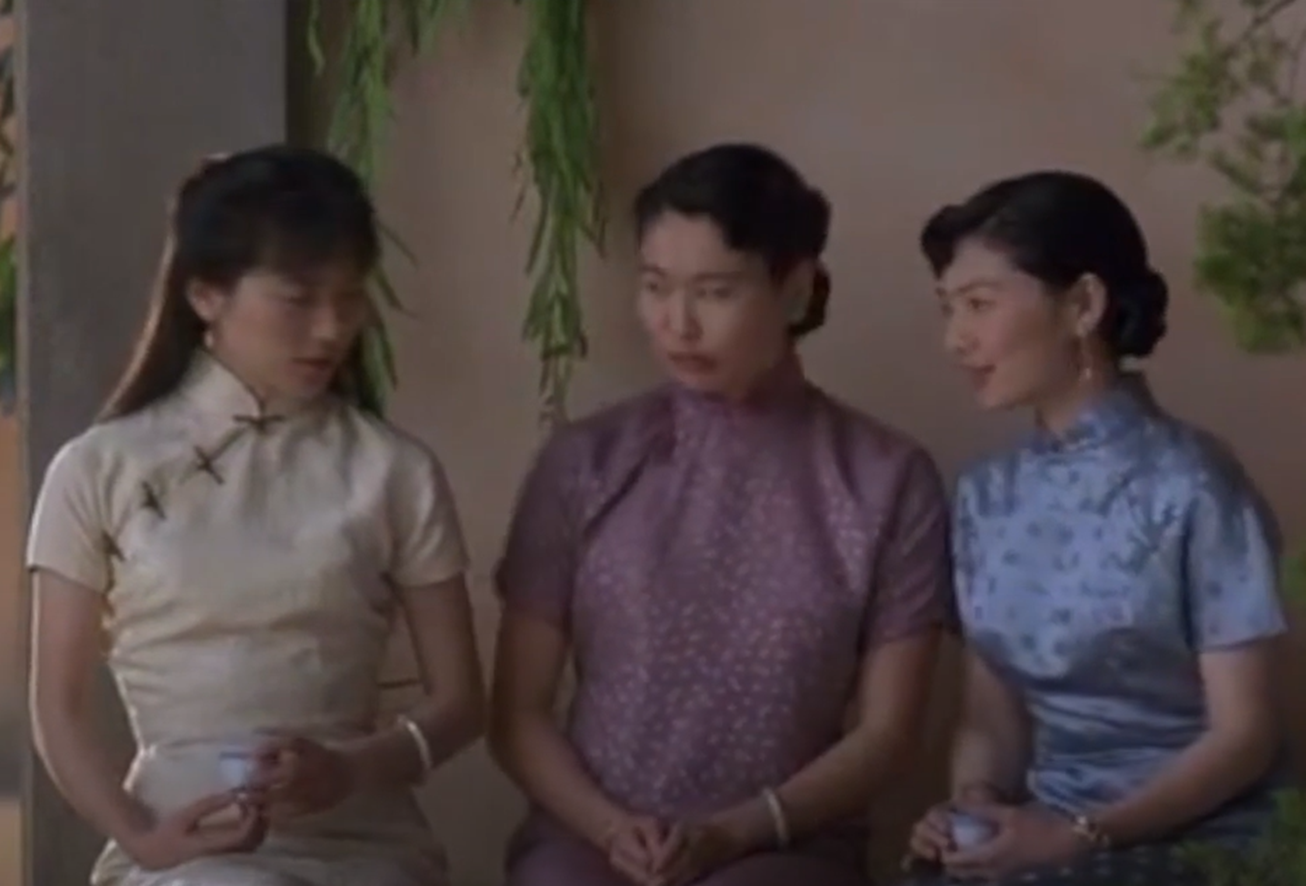 Hollywood Pictures, The Joy Luck Club (1993)
Hollywood Pictures, The Joy Luck Club (1993)
Jurassic Park (1993)
Spielberg's groundbreaking sci-fi adventure film brings Michael Crichton's novel to life. In a theme park brimming with genetically engineered dinosaurs, chaos reigns as paleontologists and a mathematician discover that tampering with nature can lead to a wild ride of unexpected—and often terrifying—adventures.
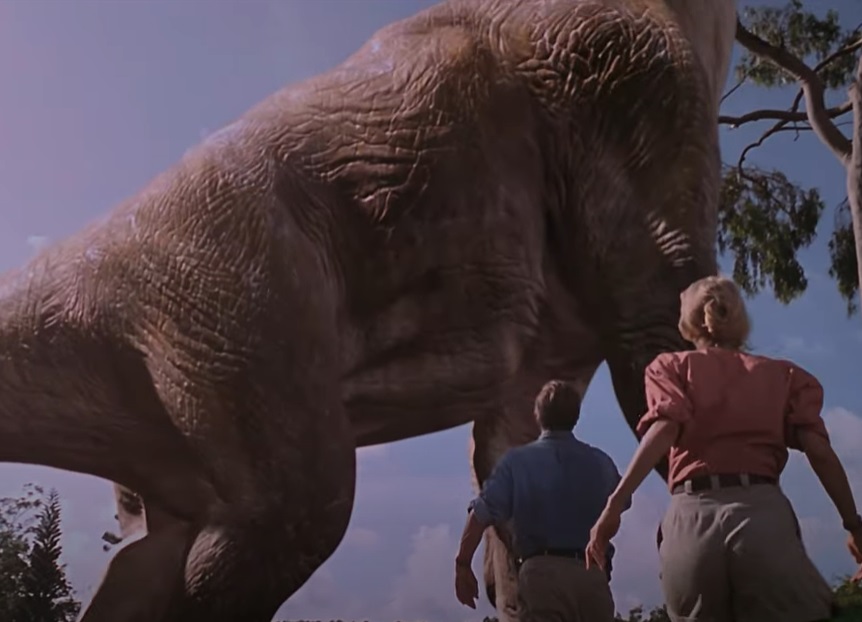 Universal, Jurassic Park (1993)
Universal, Jurassic Park (1993)
The Fugitive (1993)
Harrison Ford plays a wrongfully convicted Dr Richard Kimble, who escapes custody, determined to prove he had nothing to do with his wife's passing. Tommy Lee Jones, who plays US Marshal Samuel Gerard, pursues him relentlessly. The film combines intense action with a compelling narrative about justice, survival, and the pursuit of truth.
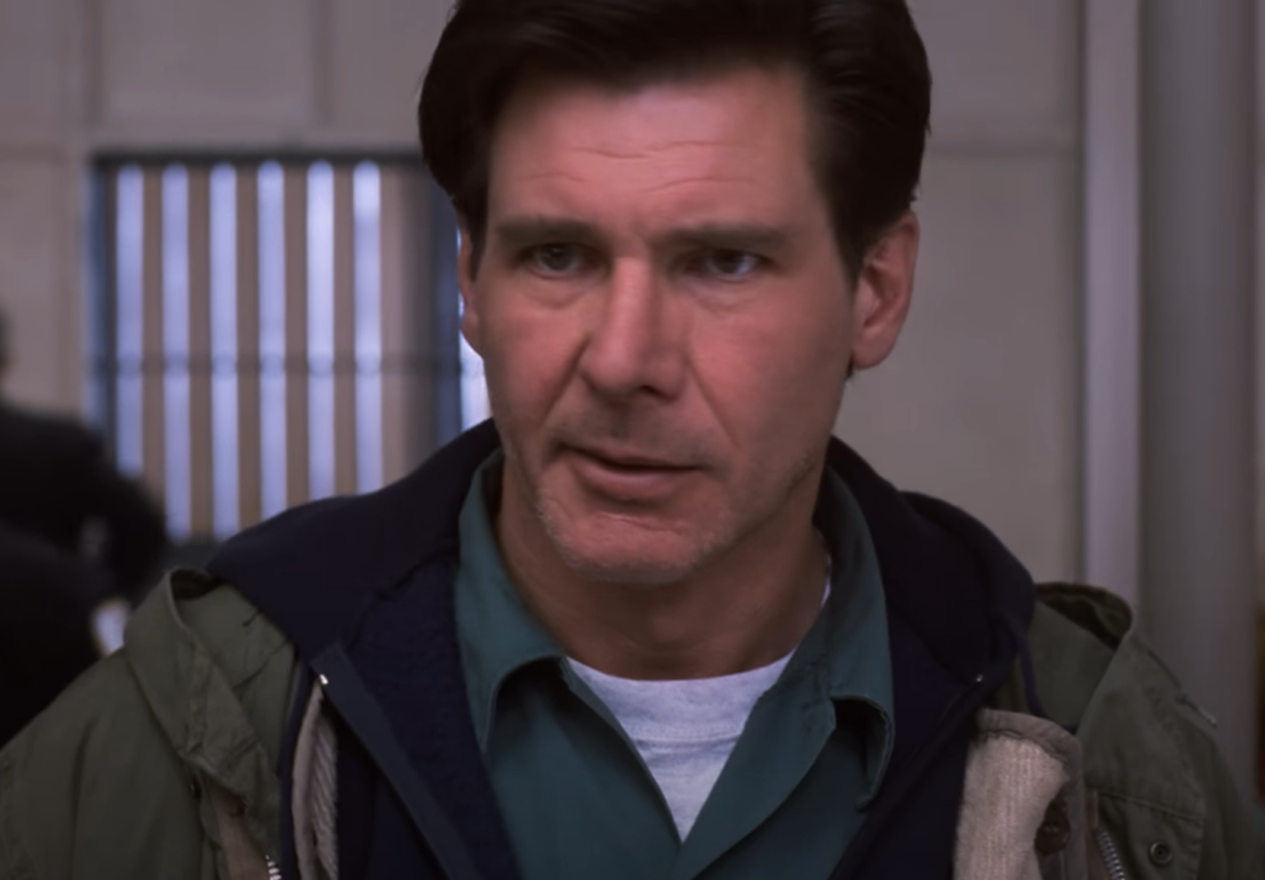 Warner Bros, The Fugitive (1993)
Warner Bros, The Fugitive (1993)
Groundhog Day (1993)
Groundhog Day is a clever romantic comedy directed by Harold Ramis. It stars Bill Murray as Phil Connors, a meteorological grump who finds himself trapped in a never-ending February 2nd, like a calendar that won't flip to March. As he navigates this bizarre time loop in Punxsutawney, Pennsylvania, Connors learns valuable life lessons about love, self-improvement, and the importance of living in the moment.
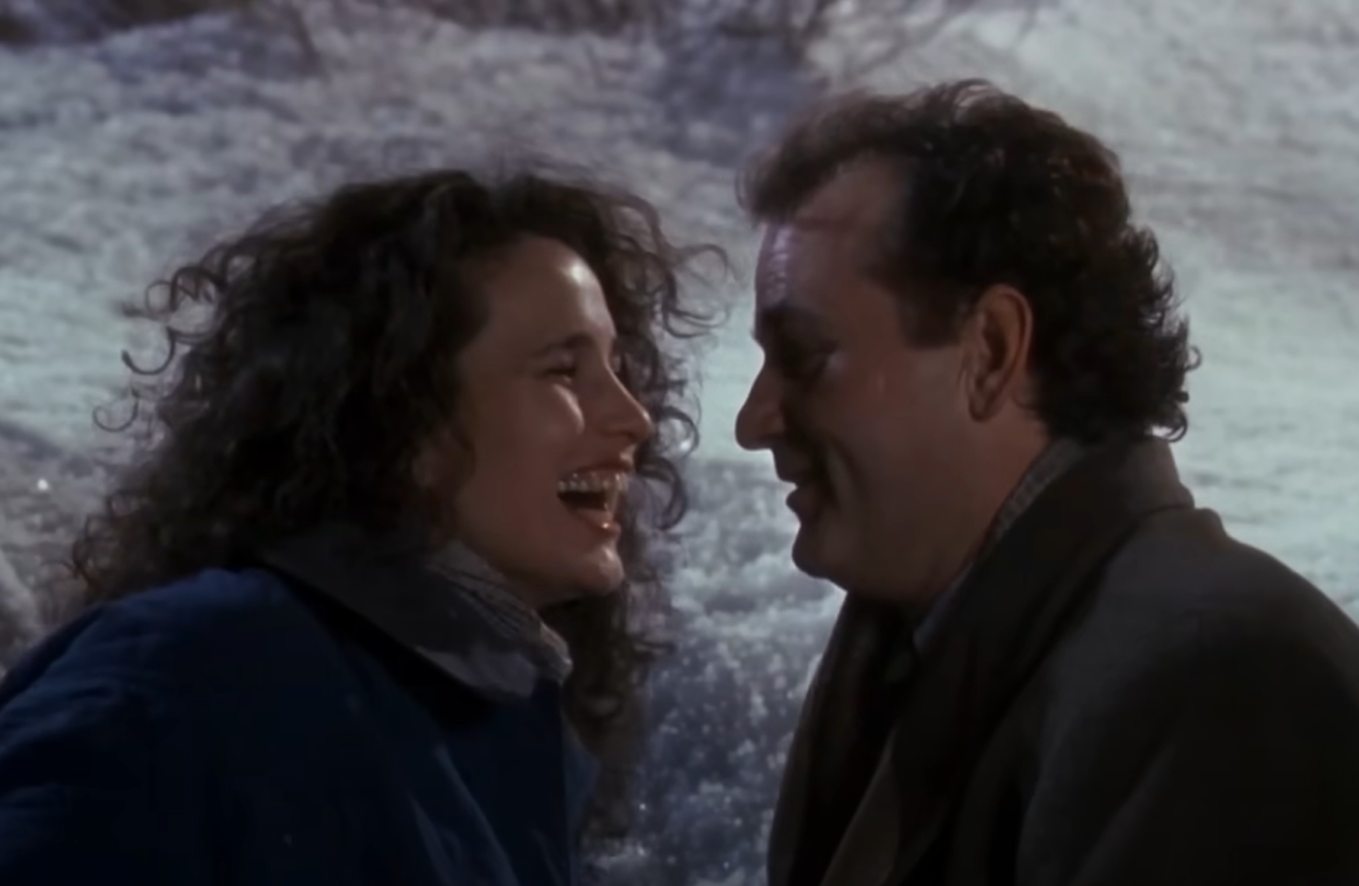 Columbia, Groundhog Day (1993)
Columbia, Groundhog Day (1993)
The Piano (1993)
Directed by Jane Campion, The Piano is a haunting drama about Ada McGrath, a mute Scottish woman, played by Holly Hunter, who relocates to 19th-century New Zealand with her daughter and beloved piano. In a tumultuous marriage to a landowner, portrayed by Sam Neill, Ada forms a deep connection with a local worker, played by Harvey Keitel. The film powerfully explores themes of desire, communication, and autonomy, earning Hunter the Oscar for Best Actress.
Philadelphia (1993)
This poignant drama follows the story of Andrew Beckett, played by Tom Hanks. A successful lawyer fired from his firm due to his AIDS diagnosis and sexual orientation, Beckett battles discrimination and seeks justice in a landmark case against his former employer. The film addresses central themes of prejudice, empathy, and the human spirit, ultimately shedding light on the AIDS crisis and its impact on individuals and society. Hanks won his first Academy Award for Best Actor.
Forrest Gump (1994)
Forrest Gump is a beloved drama directed by Robert Zemeckis. It tells the extraordinary life story of Forrest Gump (Tom Hanks), a man with a low IQ who unwittingly influences key historical events while pursuing his childhood love, Jenny. Through a series of poignant and humorous adventures, the film explores themes of destiny, resilience, and the impact of love, all set against the backdrop of significant moments in American history.
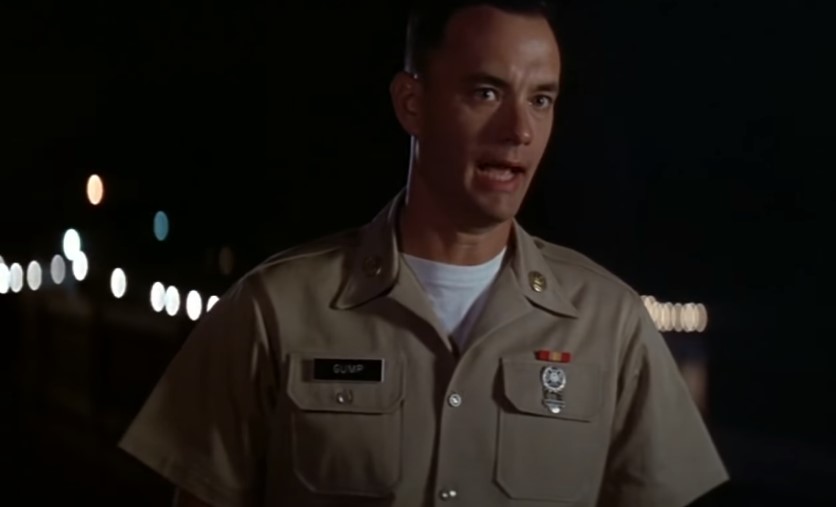 Paramount, Forrest Gump (1994)
Paramount, Forrest Gump (1994)
The Shawshank Redemption (1994)
This gripping drama centers on Andy Dufresne (Tim Robbins), a financial officer unjustly incarcerated at Shawshank State Penitentiary. While there, he develops a deep bond with fellow inmate Red, played by Morgan Freeman. He uses his intellect and resilience to find hope and redemption in a seemingly hopeless environment.
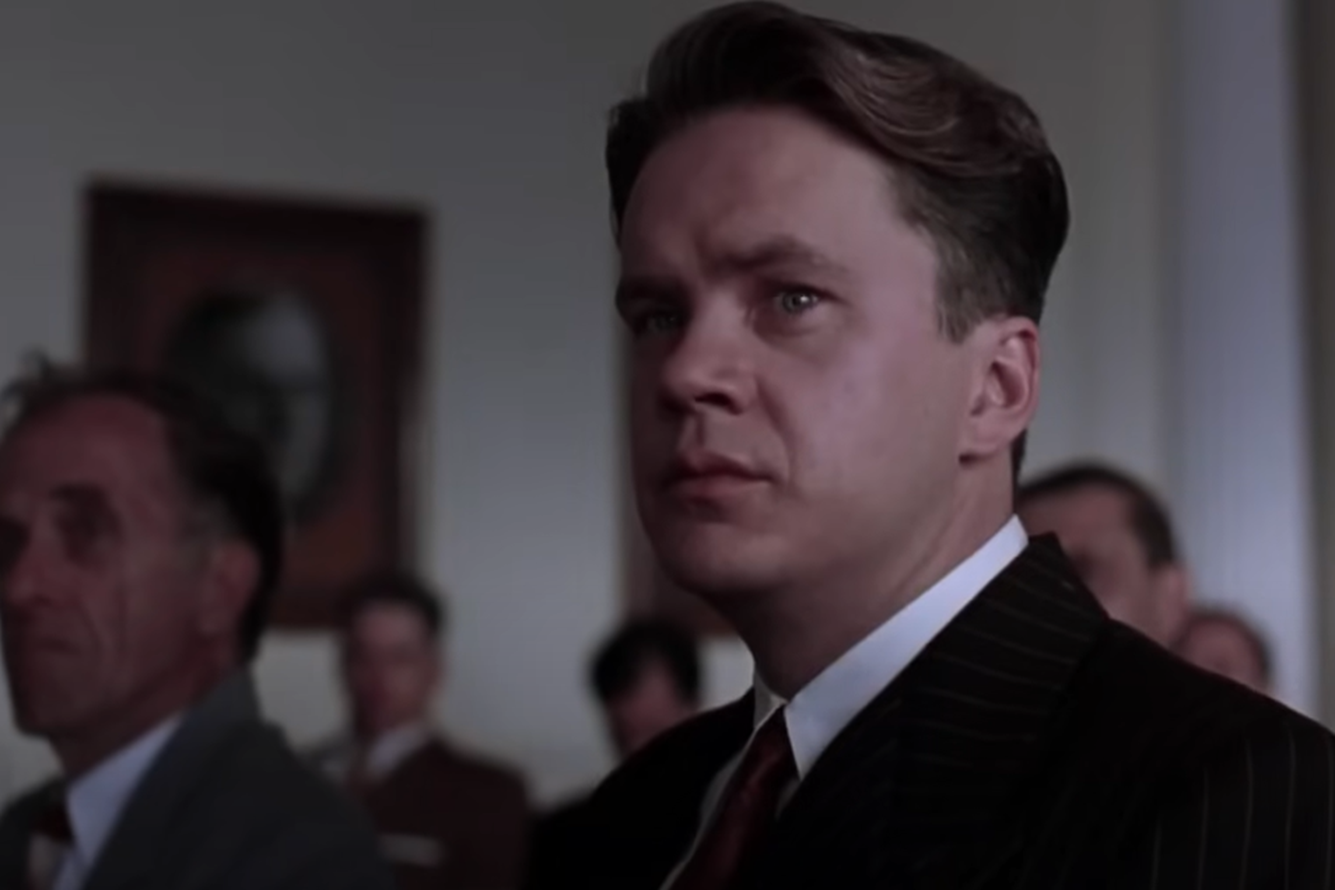 Castle Rock, The Shawshank Redemption (1994)
Castle Rock, The Shawshank Redemption (1994)
Pulp Fiction (1994)
Pulp Fiction is a groundbreaking crime film directed by Quentin Tarantino. It weaves together multiple interconnected stories involving hitmen, a boxer, and a few robbers in Los Angeles, all presented to the audience with sharp dialogue, a nonlinear narrative, and an eclectic soundtrack. The film explores morality, fate, and the chaotic nature of life, leaving a lasting impact on cinema and pop culture.
Speed (1994)
Speed is an action-packed thriller featuring Keanu Reeves as LAPD officer Jack Traven. After an explosive is placed on a city bus, Traven must ensure the safety of the passengers. With the help of bus driver Annie Porter, portrayed by Sandra Bullock, Jack engages in a tense race against time to outsmart the bad guy, ensure the safety of everyone on board, and deliver non-stop excitement and memorable moments to the audience.
Toy Story (1995)
This groundbreaking animated film, the first entirely crafted with computer-generated imagery, follows Woody, a pull-string cowboy doll, and Buzz Lightyear, an action figure, as they navigate their quirky friendship and rivalry without their owner, Andy. With themes of loyalty and identity, it cleverly reminds us that friendship is the ultimate adventure in a world of toys.
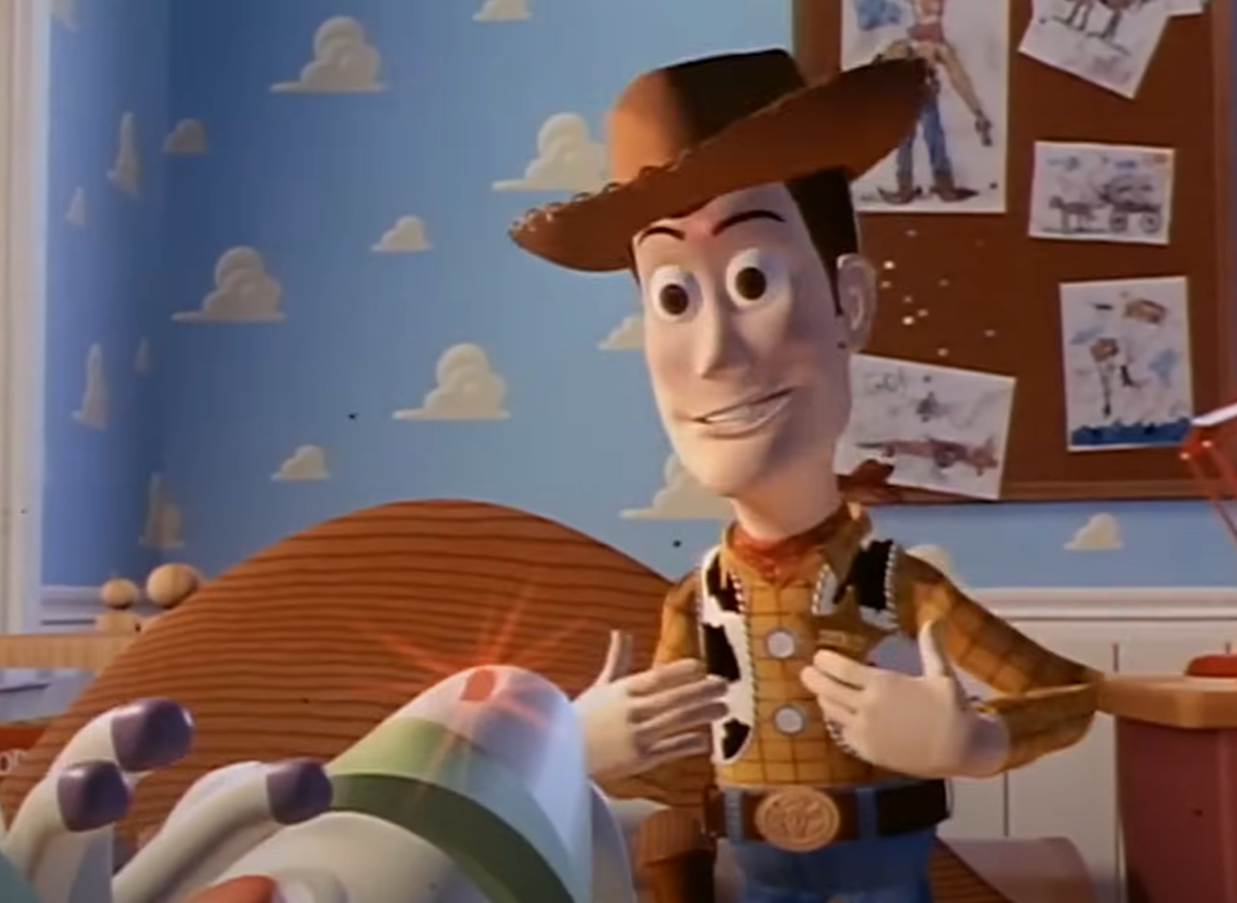 Walt Disney Pictures, Toy Story (1995)
Walt Disney Pictures, Toy Story (1995)
Casino (1995)
This drama, directed by Martin Scorsese and filled with delinquencies and misdemeanors, delves into the rise and fall of a Las Vegas casino during the 1970s and 1980s. It focuses on the complex relationships between Sam "Ace" Rothstein (Robert De Niro) and his wife, Ginger (Sharon Stone). The film explores themes of greed, power, and betrayal, showcasing the luxury and corruption of the gambling world while providing a stark look at the consequences of ambition and excess.
The Usual Suspects (1995)
The Usual Suspects is a gripping neo-noir mystery thriller directed by Bryan Singer. It centers on a group of criminals brought together for a heist and embroiled in a complex web of deception. The film unfolds through the perspective of Roger "Verbal" Kint, played by Kevin Spacey, as he recounts the events leading up to the deadly aftermath, culminating in a stunning twist that redefines everything the audience thought they knew about the characters and their motives.
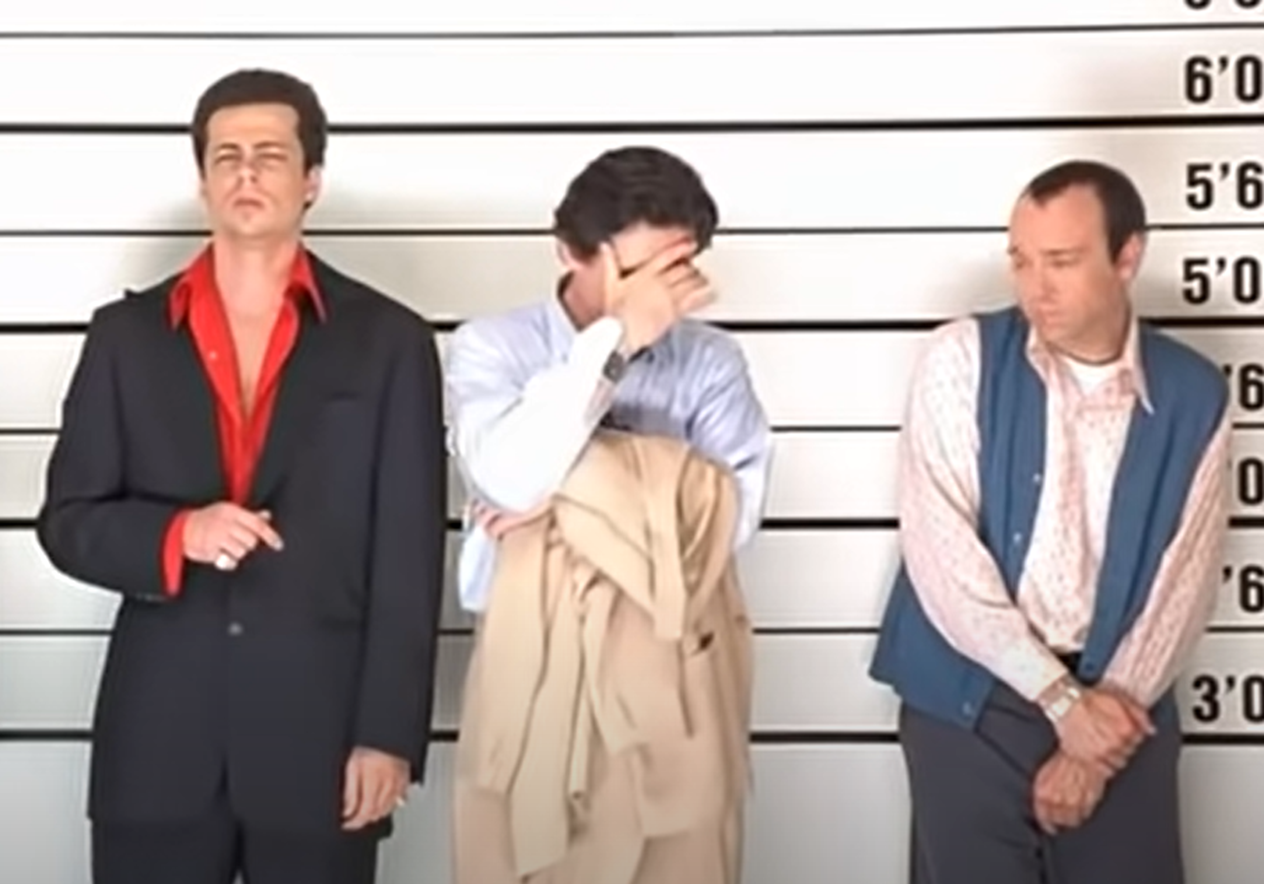 PolyGram Filmed Entertainment, The Usual Suspects (1995)
PolyGram Filmed Entertainment, The Usual Suspects (1995)
Braveheart (1995)
An epic historical drama directed by Mel Gibson, Braveheart tells the story of Scottish warrior William Wallace, portrayed by Gibson, who led a rebellion against English rule in the late 13th century. The film explores themes of freedom, sacrifice, and patriotism, depicting Wallace's passionate fight for Scotland's independence while showcasing grand battle sequences and powerful emotional moments that resonate with audiences.
 Twentieth Century, Braveheart (1995)
Twentieth Century, Braveheart (1995)
Leaving Las Vegas (1995)
This poignant drama follows Ben Sanderson, played by Nicolas Cage, a desperate screenwriter who relocates to Las Vegas to drink himself out of life. As he develops a complex relationship with a compassionate woman named Sera, portrayed by Elisabeth Shue, the film explores themes of love, addiction, and the quest for redemption amid profound despair.
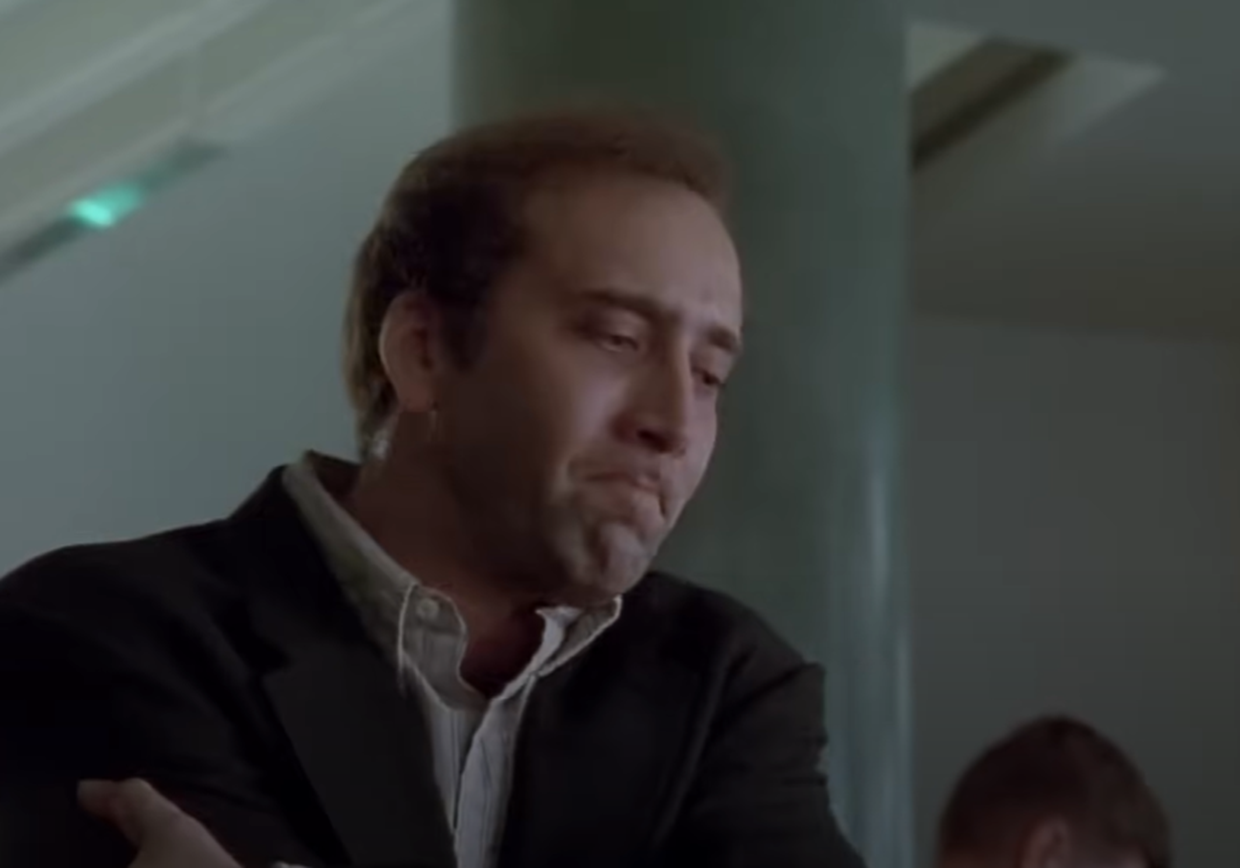 Lumiere Pictures, Leaving Las Vegas (1995)
Lumiere Pictures, Leaving Las Vegas (1995)
Fargo (1996)
Fargo is a darkly comedic thriller directed by Joel and Ethan Coen that follows the story of a pregnant officer, Marge Gunderson, played by Frances McDormand, as she investigates a series of homicides in Minnesota. The film intricately weaves elements of crime, morality, and the absurdity of human behavior, showcasing the stark contrast between the mundane and the violent, all set against a snowy Midwestern backdrop.
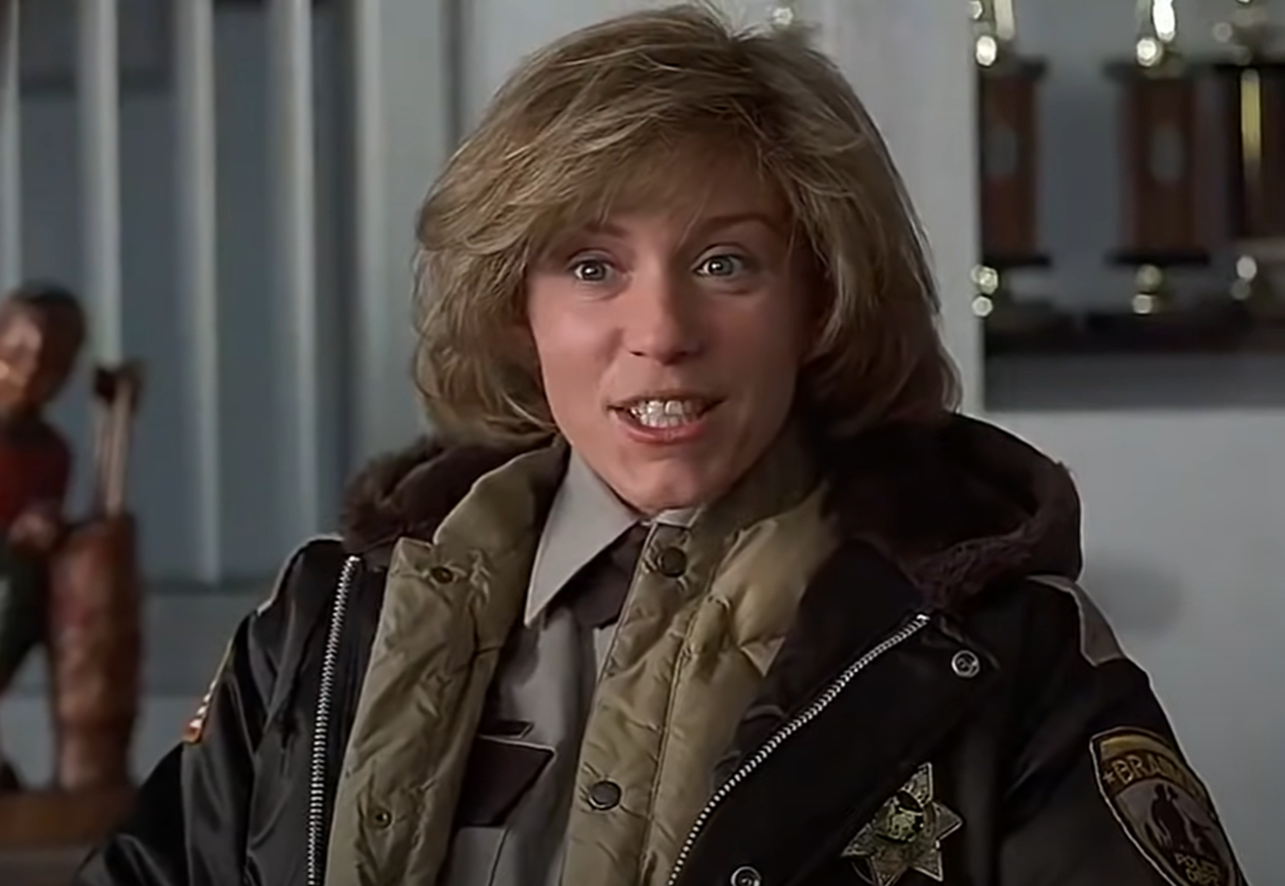 Polygram Filmed Entertainment, Fargo (1996)
Polygram Filmed Entertainment, Fargo (1996)
Jerry Maguire (1996)
In Cameron Crowe's romantic comedy, Tom Cruise stars as a sports agent who, facing a moral crisis, writes a mission statement prioritizing personal relationships over profits. As he navigates the challenges of his career, he finds support from single mother Dorothy, played by Renée Zellweger. The story progresses to a heartfelt exploration of love and ambition, encapsulated by the iconic line, "You had me at hello".
The English Patient (1996)
A sweeping romantic drama based on Michael Ondaatje's novel, the film unfolds the story of a mysterious, badly burned man, known only as the English patient, in an Italian monastery during WWII. Through flashbacks, the film reveals his tragic love affair with a married woman, played by Kristin Scott Thomas. It explores themes of love, loss, and the scars of battle, earning critical acclaim and multiple Academy Awards, including Best Picture.
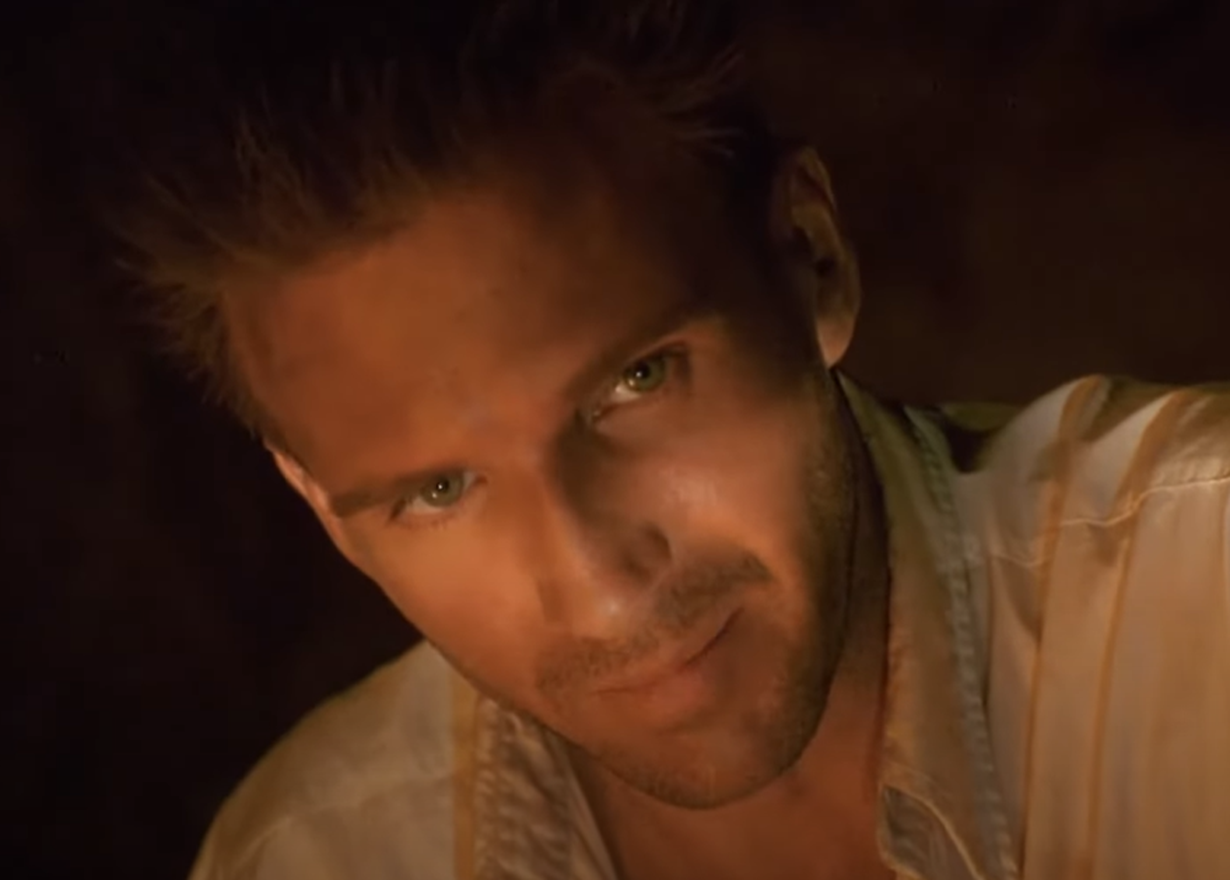 Miramax, The English Patient (1996)
Miramax, The English Patient (1996)
Men In Black (1997)
A sci-fi action-comedy directed by Barry Sonnenfeld, the film follows recruit Agent J, played by Will Smith, who works for a secret organization that monitors extraterrestrial activity on Earth. Partnered with the seasoned Agent K, portrayed by Tommy Lee Jones, they navigate a world of aliens living undercover while preventing a cosmic threat. The film blends humor, action, and imaginative special effects to create a beloved franchise.
Titanic (1997)
James Cameron directed this epic romance and disaster film, telling the tragic love story between Jack Dawson (Leonardo DiCaprio) and Rose DeWitt Bukater (Kate Winslet). Set against the backdrop of the ill-fated maiden voyage of the RMS Titanic, the film combines stunning visual effects, a compelling narrative, and a haunting score. A cultural phenomenon, Titanic went on to win multiple Academy Awards, including Best Picture.
Good Will Hunting (1997)
In Good Will Hunting, Matt Damon shines as Will Hunting, a brilliant yet troubled janitor at MIT who grapples with his past and untapped potential. With the help of therapist Sean Maguire, played by Robin Williams, Will embarks on a journey of self-discovery, exploring friendship, love, and the necessity of confronting his demons.
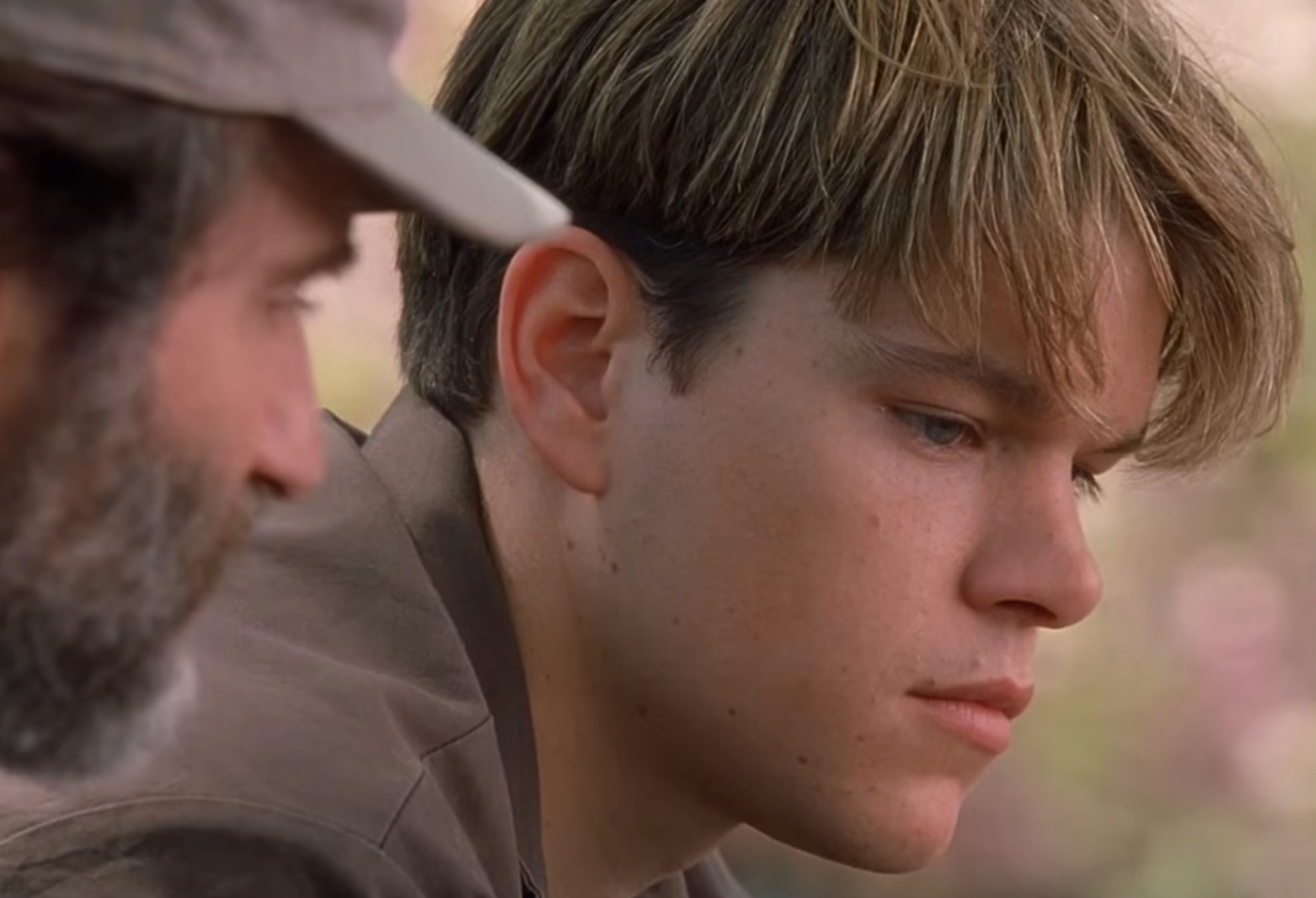 Miramax, Good Will Hunting (1997)
Miramax, Good Will Hunting (1997)
As Good As It Gets (1997)
This romantic comedy-drama stars Jack Nicholson as Melvin Udall, a curmudgeonly and obsessive-compulsive author who transforms his life when he develops an unlikely relationship with a waitress named Carol, played by Helen Hunt. Through their interactions, the film explores themes of love, redemption, and the challenges of personal change, ultimately showcasing the power of connection and compassion in overcoming life's difficulties.
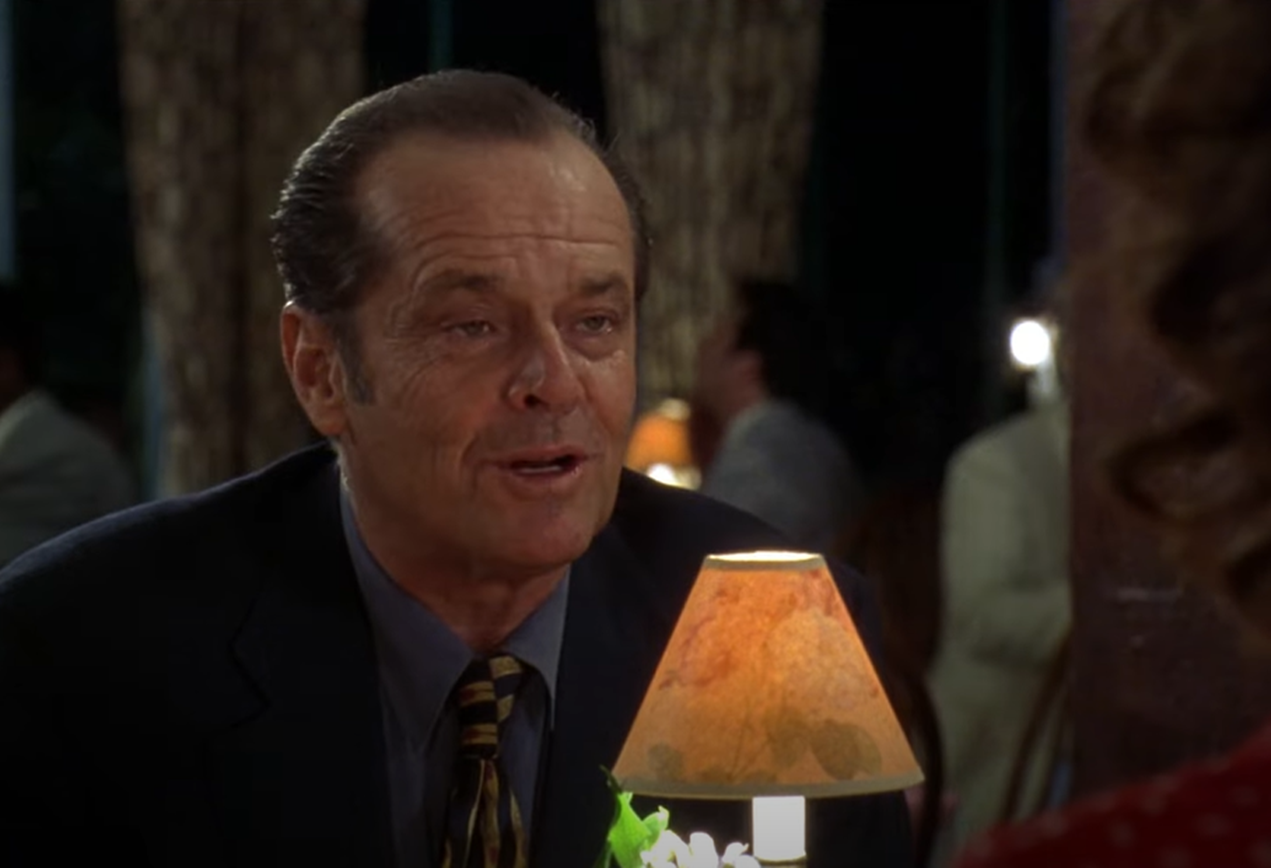 TriStar, As Good As It Gets (1997)
TriStar, As Good As It Gets (1997)
Saving Private Ryan (1998)
Directed by Steven Spielberg, this seminal war drama follows a group of US soldiers on a perilous mission during WWII to rescue Private James Ryan, played by Matt Damon, whose brothers have made the ultimate sacrifice. Renowned for its realistic portrayal of combat, particularly in the unforgettable opening D-Day sequence, the film explores themes of sacrifice, duty, and battle scars, earning critical acclaim and multiple Academy Awards, including Best Director.
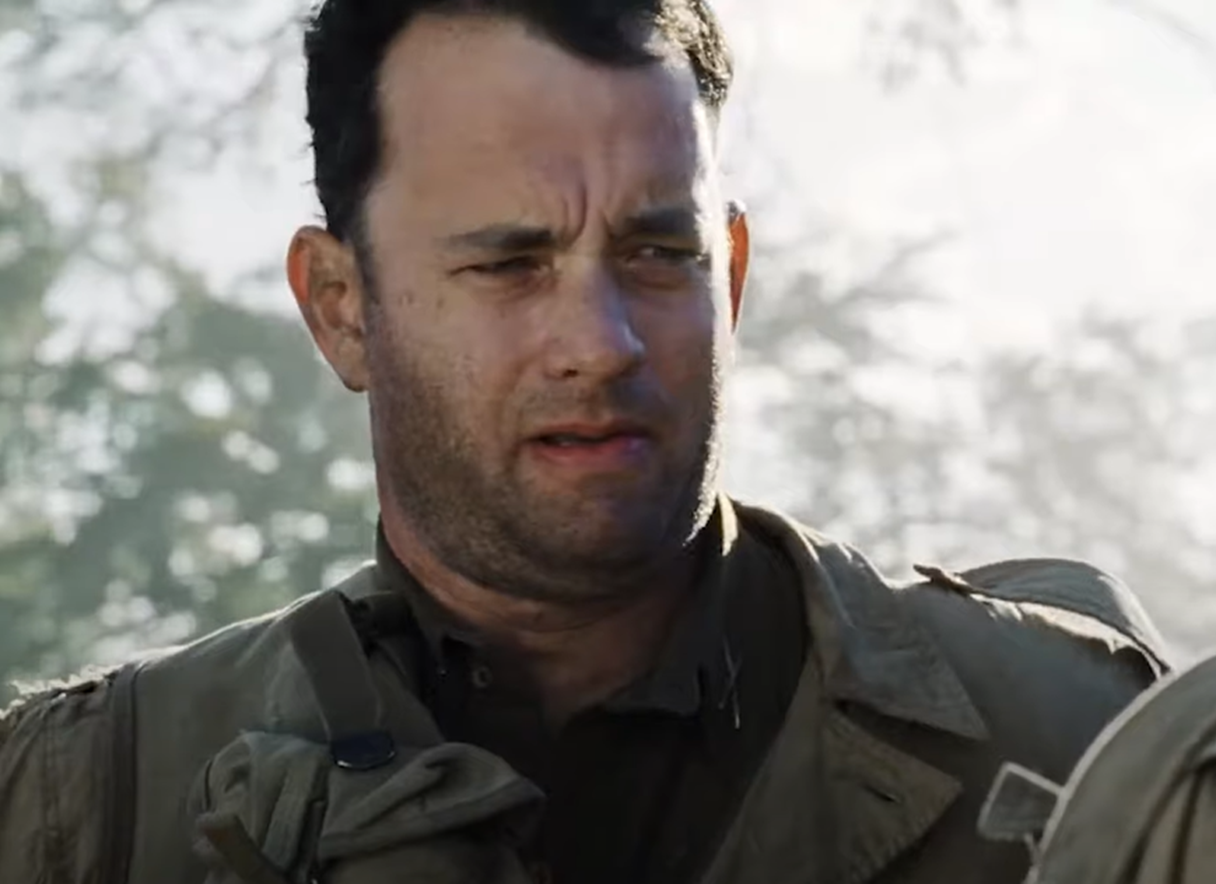 DreamWorks, Saving Private Ryan (1998)
DreamWorks, Saving Private Ryan (1998)
How Stella Got Her Groove Back (1998)
Directed by Kevin Rodney Sullivan and based on Terry McMillan's novel, this romantic comedy-drama follows Stella Payne, played by Angela Bassett, a successful New York City businesswoman who rekindles her zest for life and love during a vacation in Jamaica. There, she embarks on a whirlwind romance with a much younger man, portrayed by Taye Diggs.
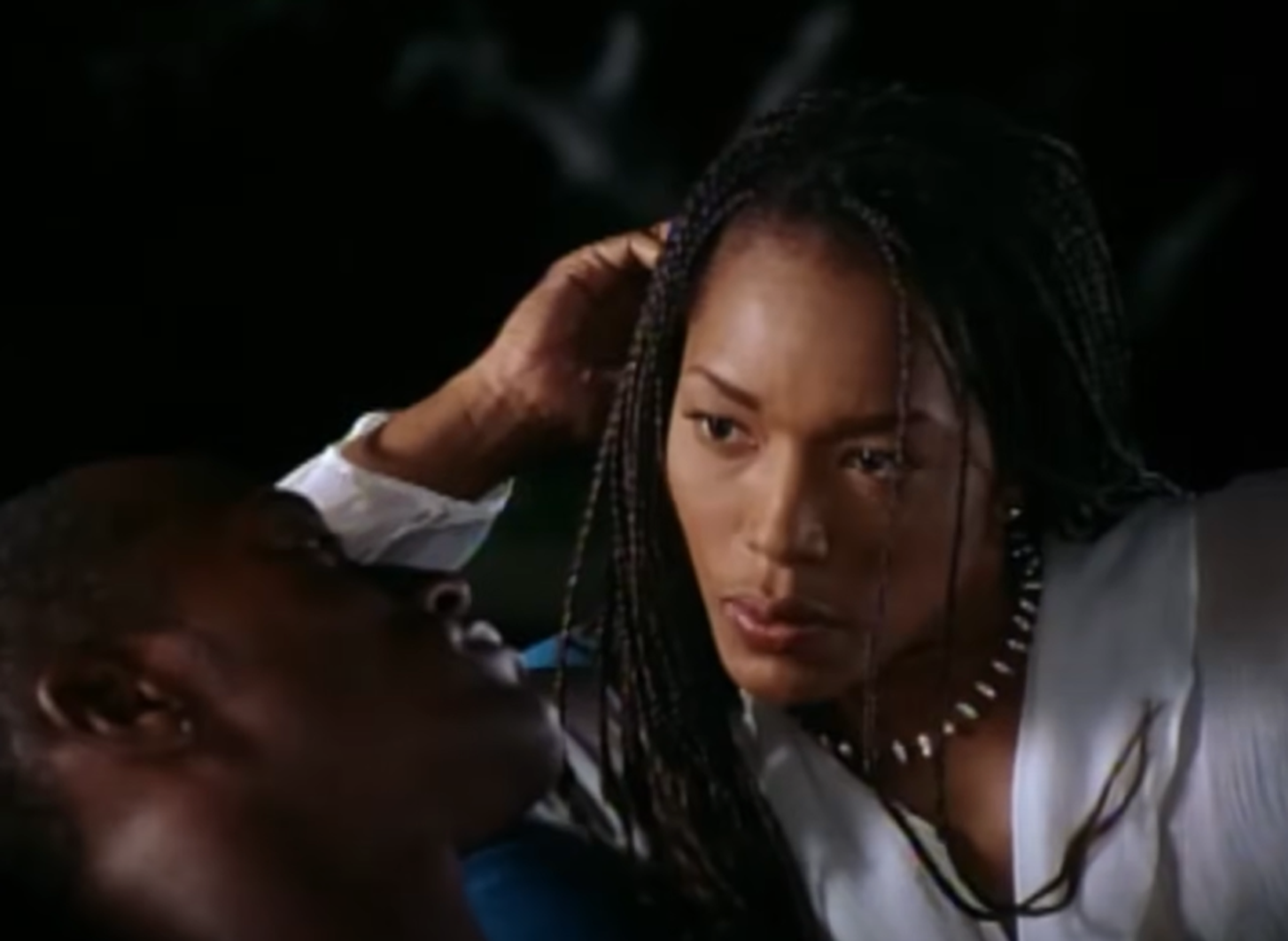 Twentieth Century, How Stella Got Her Groove Back (1998)
Twentieth Century, How Stella Got Her Groove Back (1998)
The Big Lebowski (1998)
This cult classic comedy directed by the Coen Brothers follows Jeff "The Dude" Lebowski, played by Jeff Bridges, an easygoing slacker whose life turns upside down when mistaken for a wealthy namesake. As he navigates a bizarre series of events involving kidnappers, bowling, and eccentric characters, the film blends absurd humor with sharp social commentary, ultimately becoming a beloved icon of a pop culture known for its quotable dialogue and unique style.
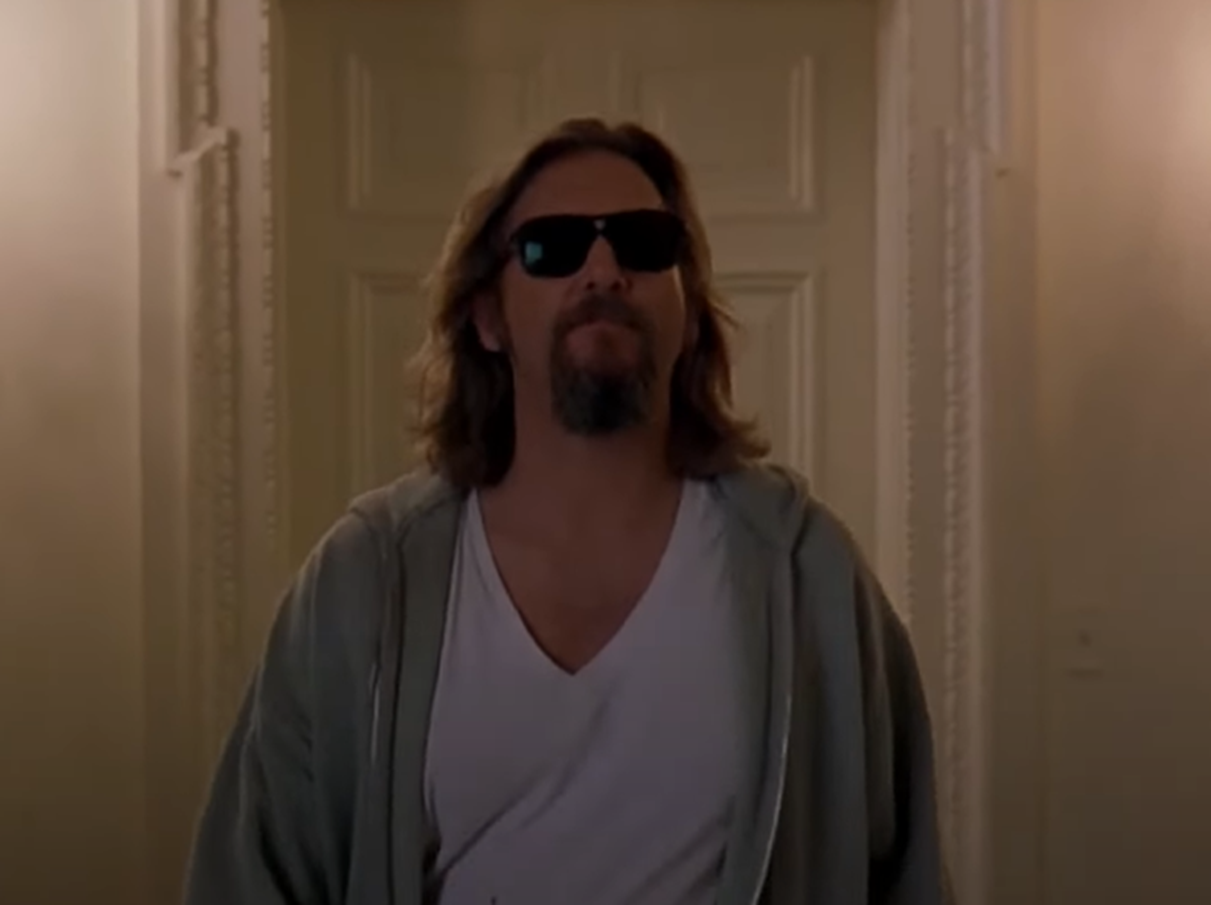 PolyGram Filmed Entertainment, The Big Lebowski (1998)
PolyGram Filmed Entertainment, The Big Lebowski (1998)
The Truman Show (1998)
This thought-provoking satirical drama starring Jim Carrey as Truman Burbank tells the story of an unsuspecting man who discovers that his entire life is a reality television show broadcast to the world. As Truman begins to question the authenticity of his surroundings and the people in his life, the film explores themes of surveillance, free will, and the nature of reality, ultimately prompting viewers to reflect on the impact of media on our lives.
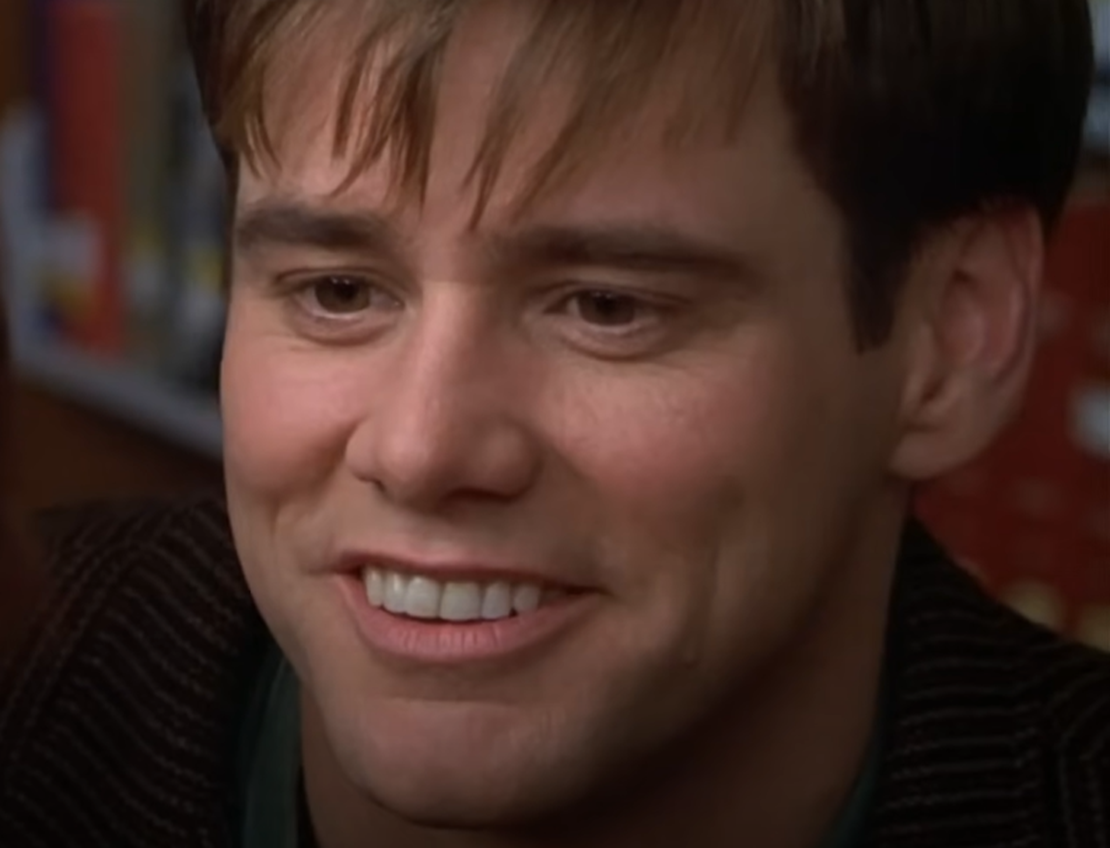 Paramount, The Truman Show (1998)
Paramount, The Truman Show (1998)
Life Is Beautiful (1998)
Life Is Beautiful, directed by Roberto Benigni, is a poignant Italian film in which Benigni stars as Guido Orefice, a Jewish bookstore owner who uses his imagination and humor to shield his son from the horrors of a concentration camp during WWII. The film masterfully blends comedy and tragedy, illustrating the enduring power of love and hope amid unimaginable adversity. Ultimately becoming a celebrated masterpiece, the film won multiple Academy Awards, including Best Foreign Language Film.
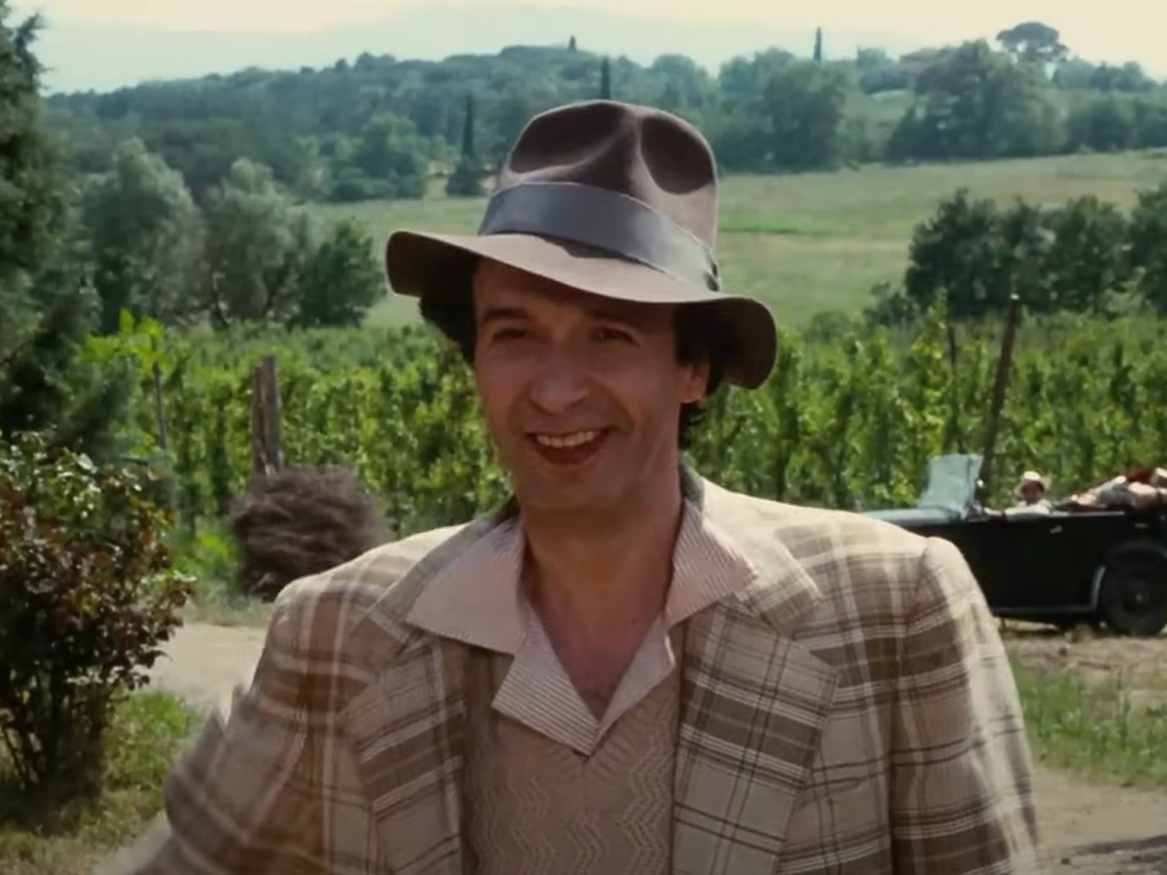 Melampo Cinematografica, Life Is Beautiful (1998)
Melampo Cinematografica, Life Is Beautiful (1998)
The Matrix (1999)
A revolutionary sci-fi action film helmed by the Wachowskis, it centers on Thomas Anderson, portrayed by Keanu Reeves, a computer hacker who uncovers the shocking truth: Reality is a simulated construct orchestrated by sentient machines. As he aligns himself with a band of rebels led by Morpheus, played by Laurence Fishburne, to battle for humanity's liberation, the film delves into profound themes of reality, identity, and control while transforming the landscape of visual effects and action choreography in cinema.
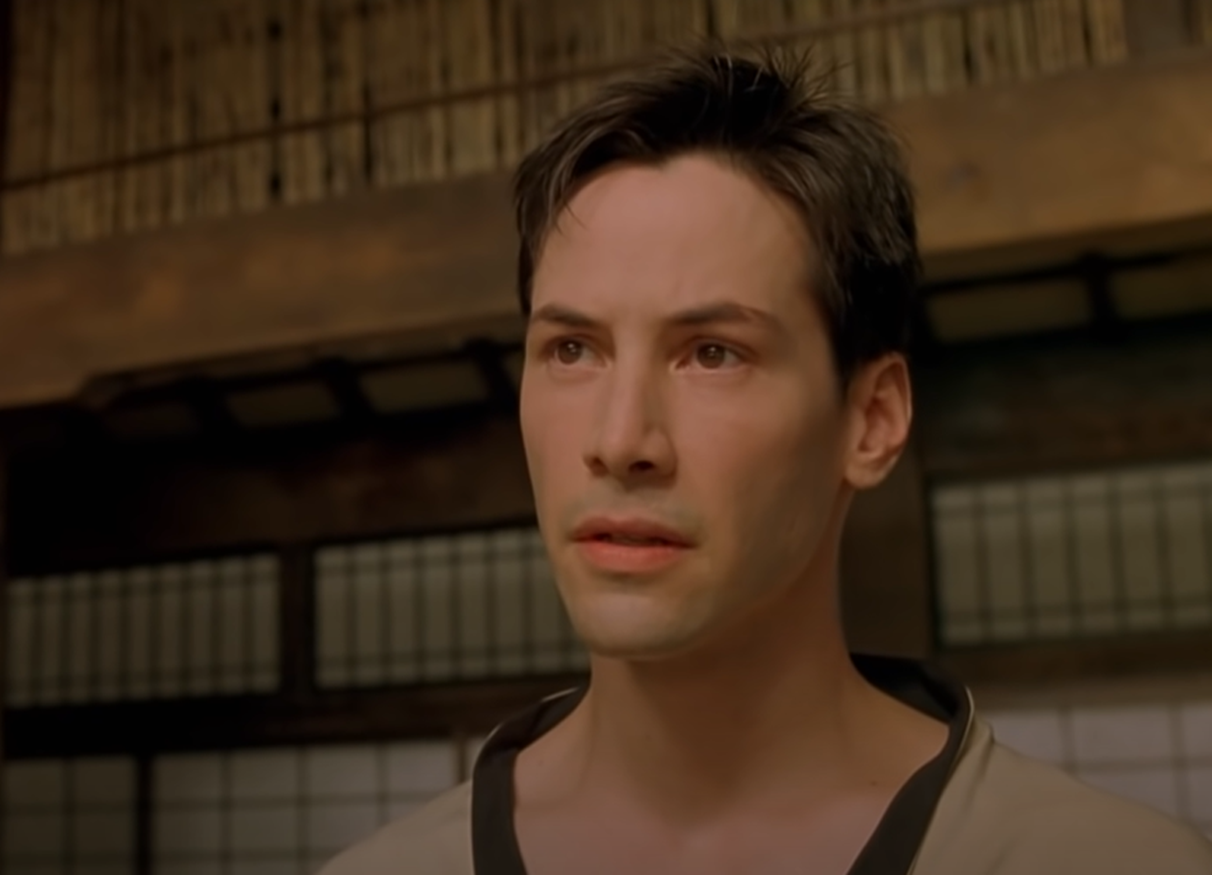 Warner Bros., The Matrix (1999)
Warner Bros., The Matrix (1999)
The Sixth Sense (1999)
M Night Shyamalan directs this chilling psychological thriller. It follows young Cole Sear, played by Haley Joel Osment, who can see and communicate with those who have passed, seeking help from child psychologist Dr Malcolm Crowe, portrayed by Bruce Willis. The film expertly crafts tension and suspense, culminating in a stunning twist that redefines the narrative and lingers in audiences' minds.
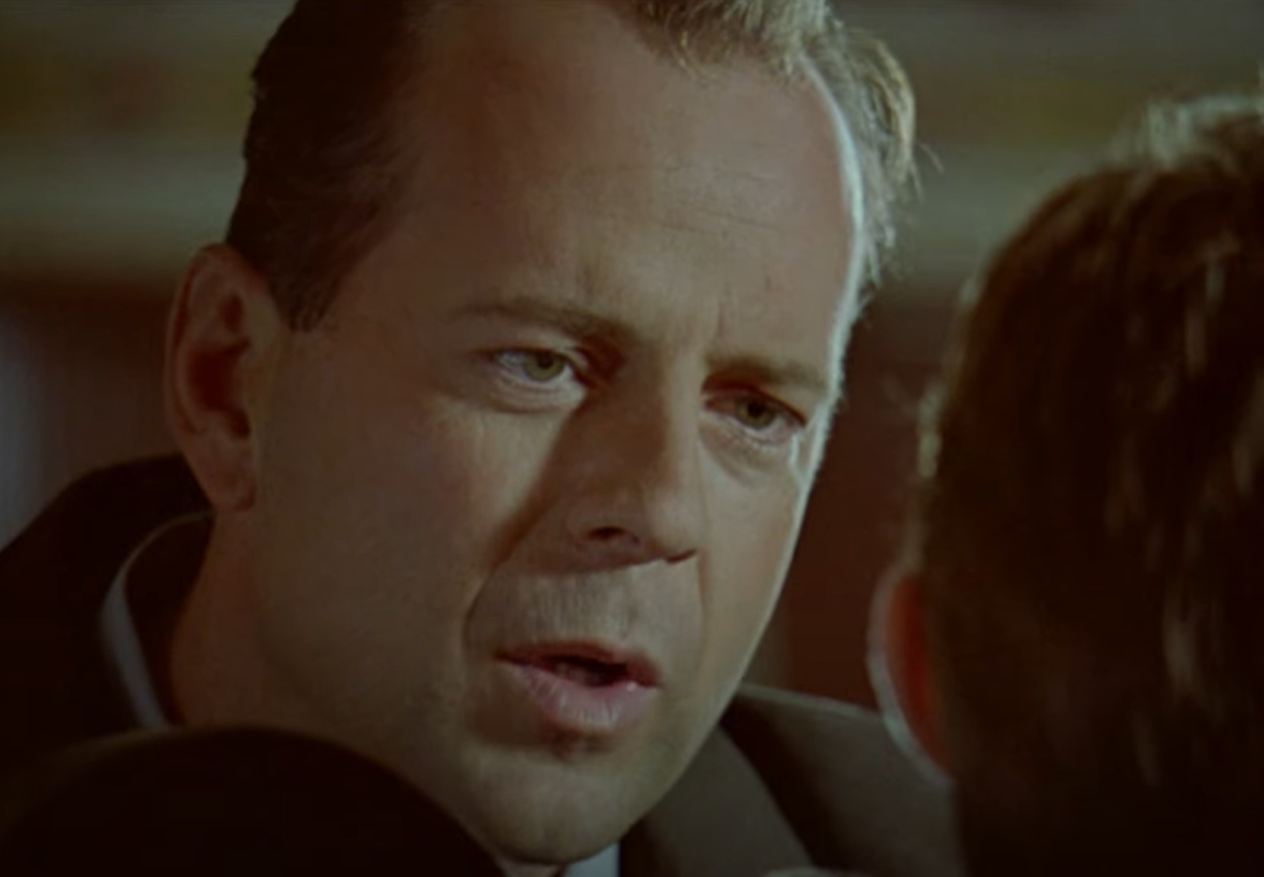 Hollywood Pictures, The Sixth Sense (1999)
Hollywood Pictures, The Sixth Sense (1999)
Fight Club (1999)
Directed by David Fincher, this provocative film follows an unnamed narrator, played by Edward Norton, grappling with insomnia and disillusionment in a consumerist world. When he teams up with the charismatic Tyler Durden, portrayed by Brad Pitt, they create an underground fight club that ignites a bold exploration of identity, masculinity, and rebellion. Ultimately, the film delivers a shocking twist that challenges the very nature of reality itself.
American Beauty (1999)
The decade closes out with American Beauty, a critically acclaimed drama directed by Sam Mendes that follows Lester Burnham, played by Kevin Spacey, a disenchanted suburban father experiencing a midlife crisis. As he becomes infatuated with his daughter's friend, the film explores themes of beauty, desire, and the pursuit of happiness, ultimately revealing the dark undercurrents of suburban life and the masks people wear to hide their true selves.
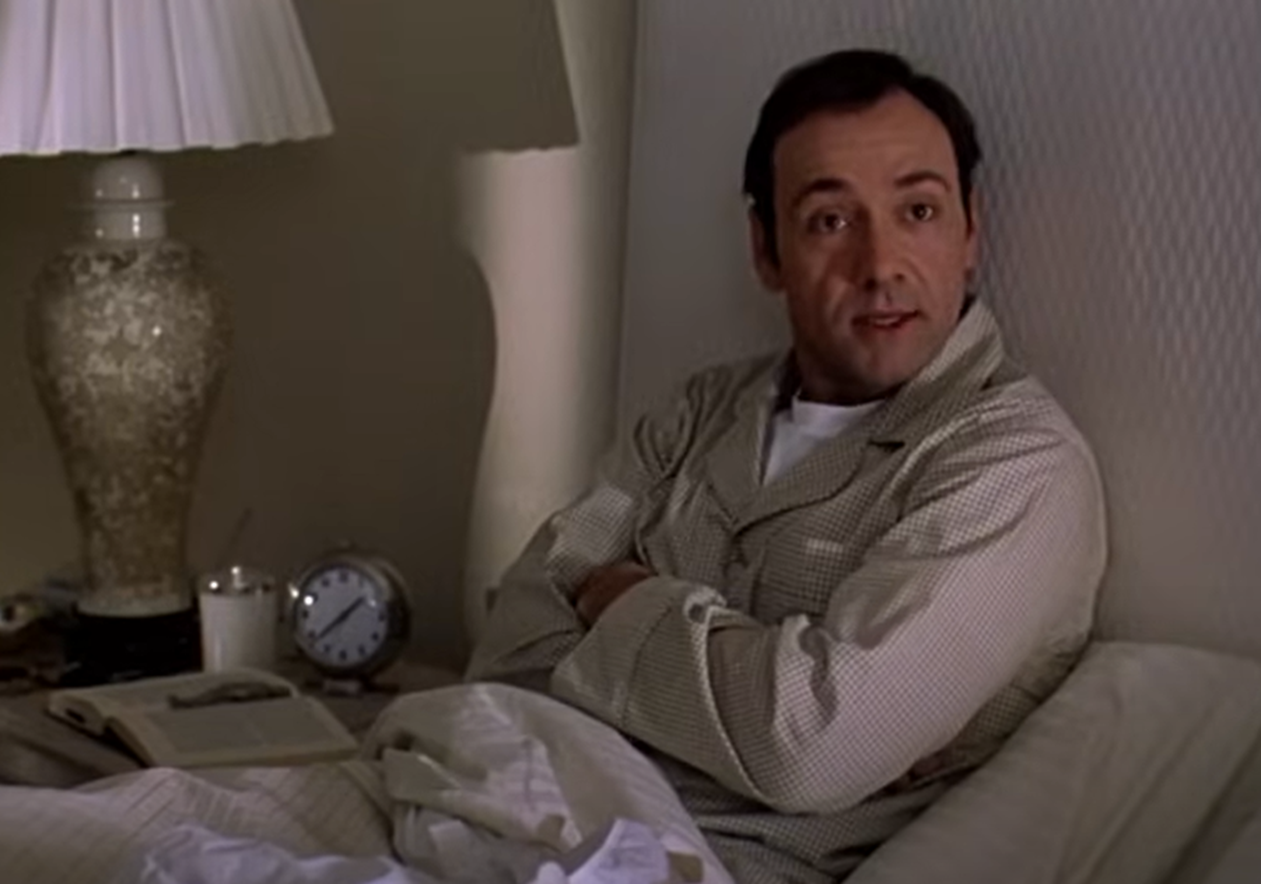 DreamWorks, American Beauty (1999)
DreamWorks, American Beauty (1999)
Silence Of The Lambs (1991)
This psychologically thrilling film follows FBI trainee Clarice Starling (Jodie Foster) as she asks for guidance from the incarcerated psychiatrist Dr Hannibal Lecter (Anthony Hopkins), known for his unsettling tendencies. The film is notable for being one of the few to win the "Big Five" Oscars (Best Picture, Director, Actor, Actress, and Adapted Screenplay).
While the film garnered her praise, Jodie Foster later admitted that during filming, Anthony Hopkins' portrayal of Hannibal Lecter gave her the creeps—but there was one chilling scene with him that left her truly speechless. Hopkins improvised Lecter hissing at Starling, which caught Foster completely by surprise. Her startled reaction made the final cut of the film.
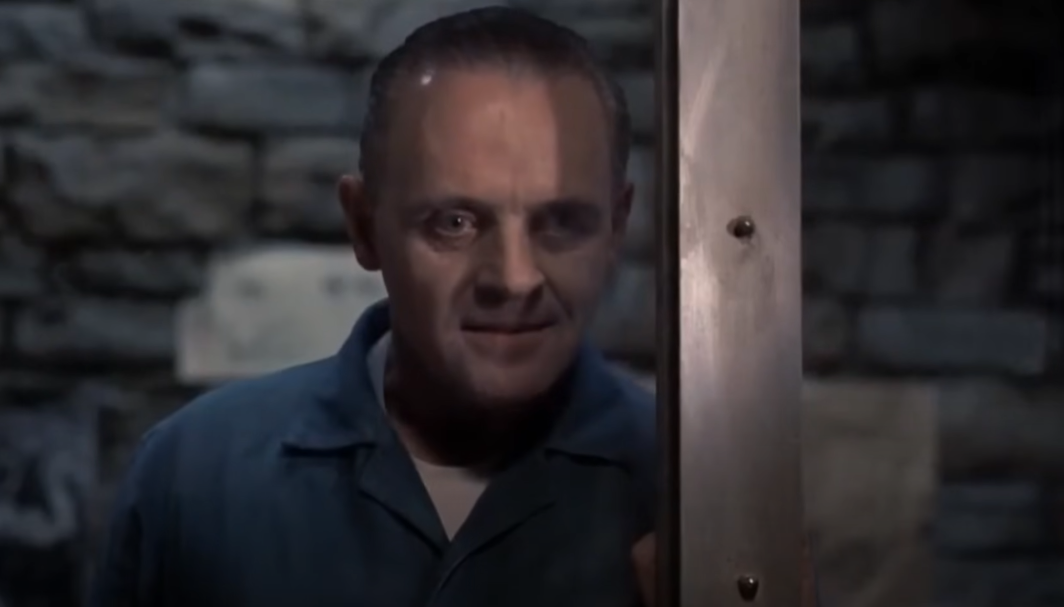 Orion Pictures, The Silence of the Lambs (1991)
Orion Pictures, The Silence of the Lambs (1991)

